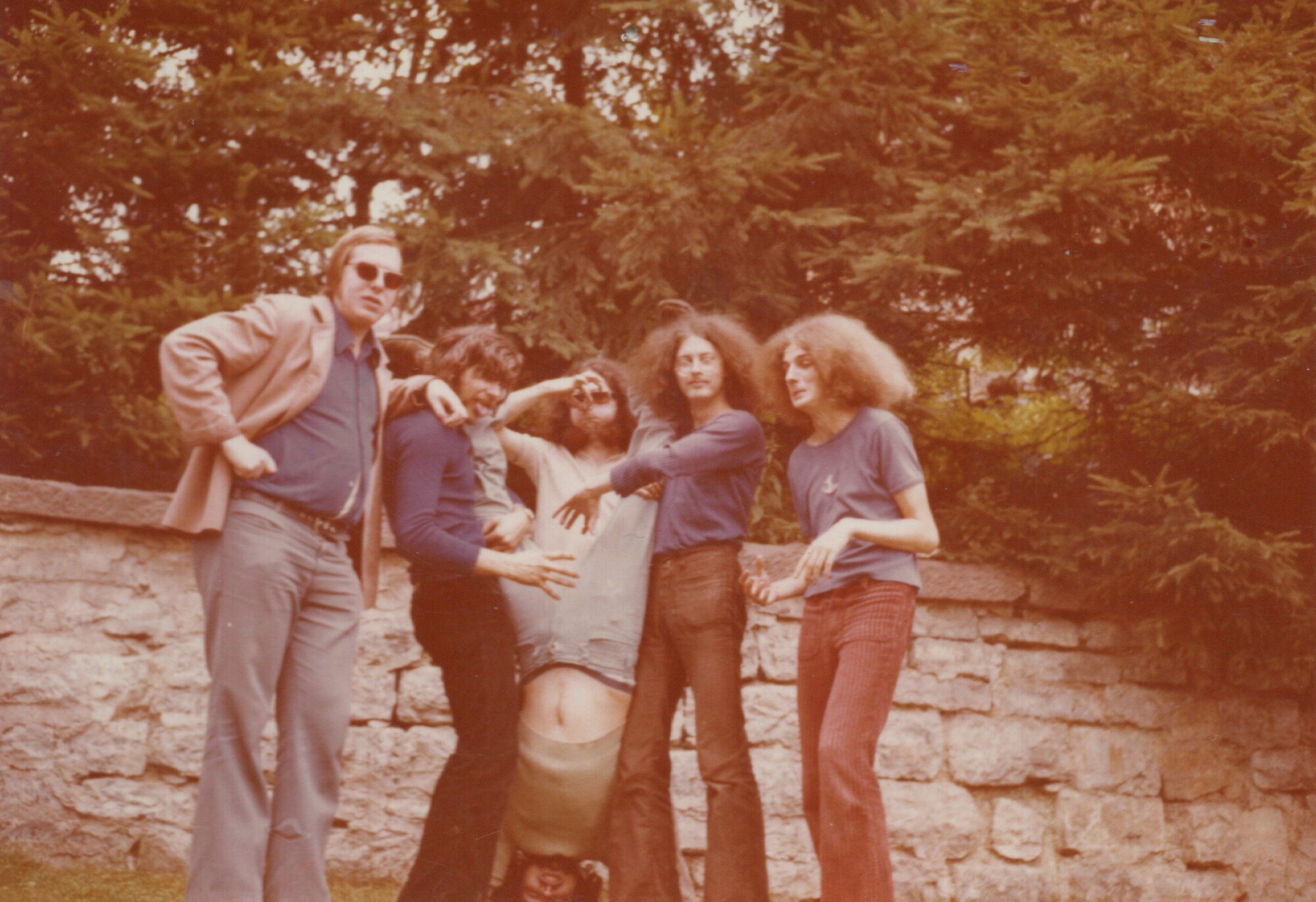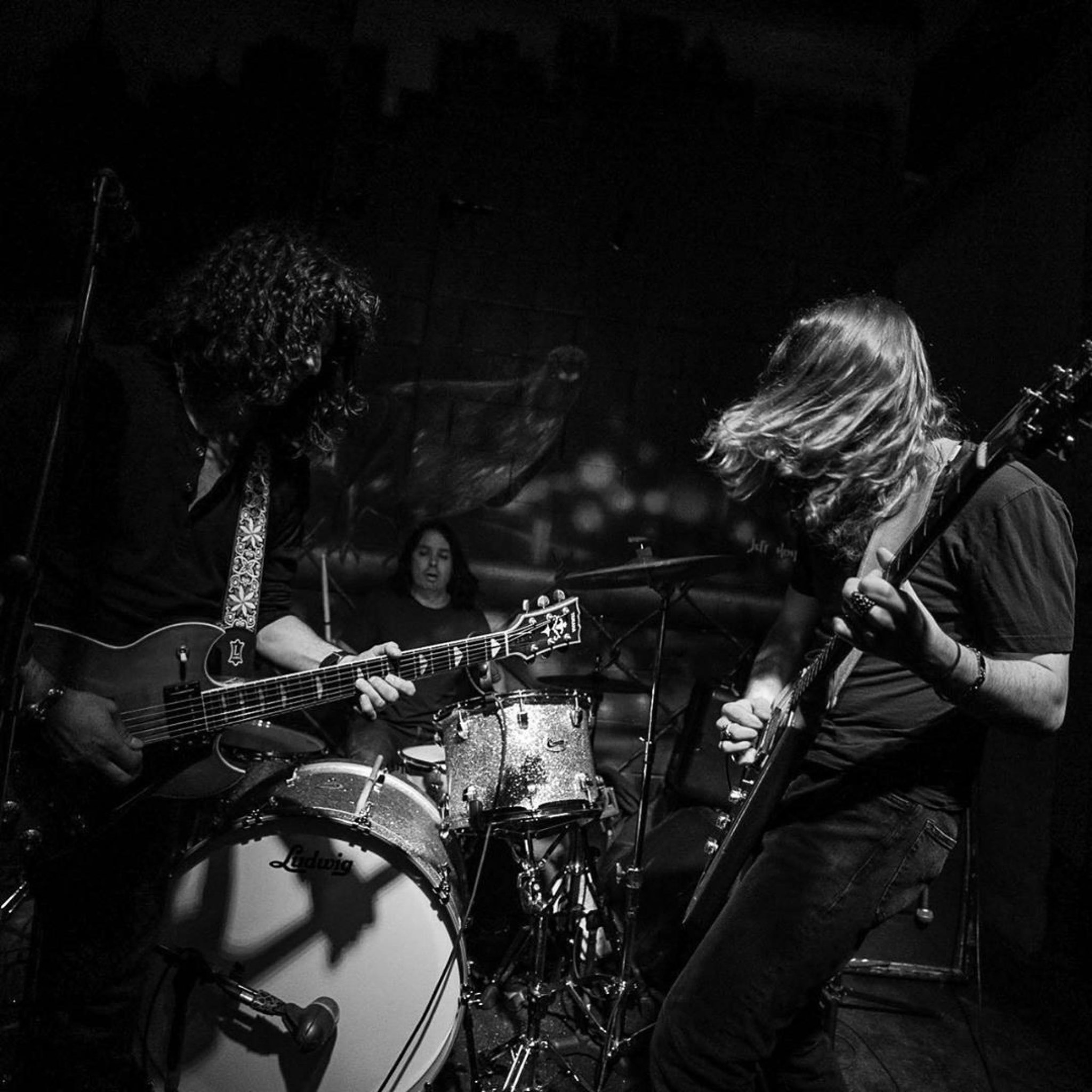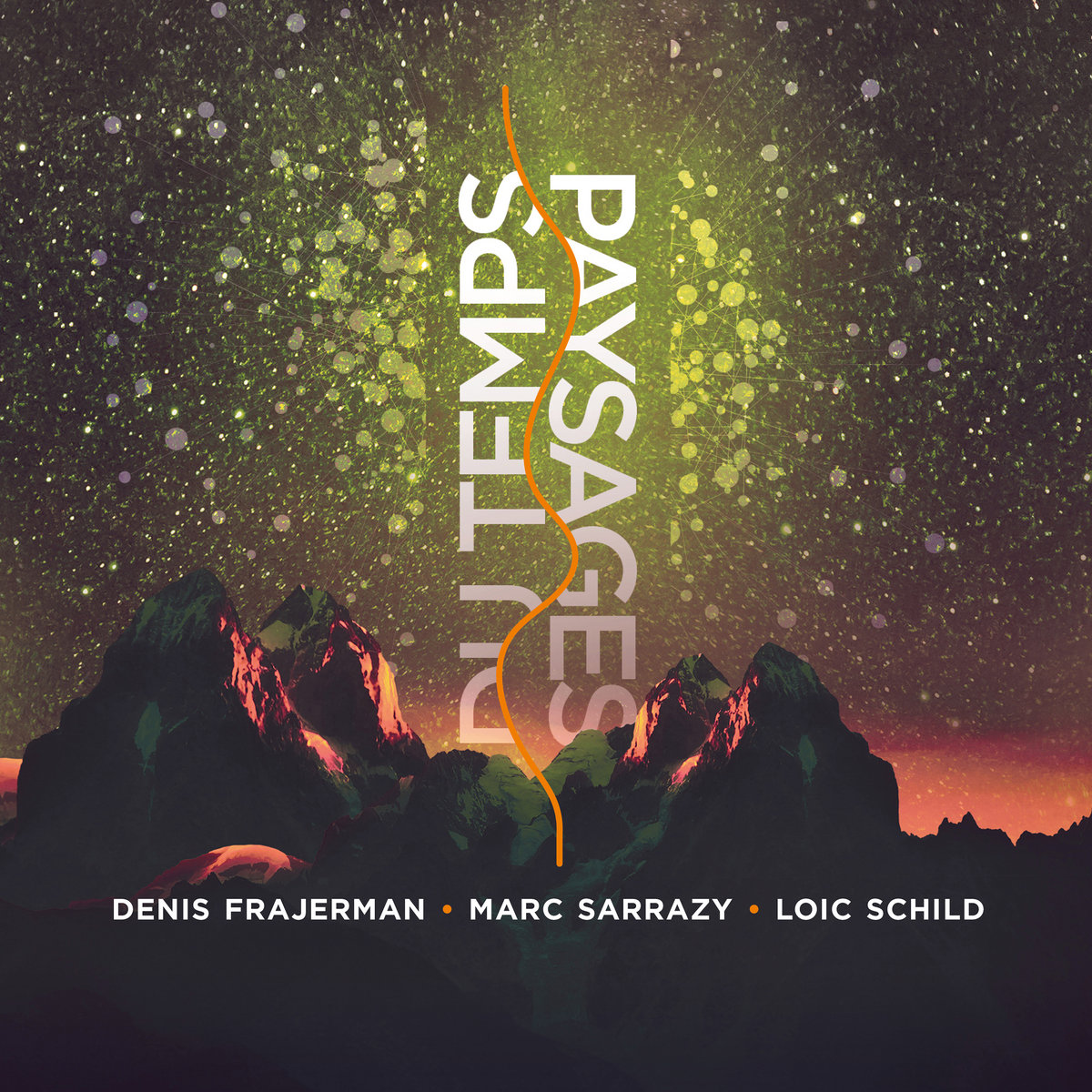DOM | Interview | “Extremely rare heavy psych from Germany”
Ancient Grease Records unleashed a very rare heavy rock 45 coming from this early 70s German power trio.
The group DOM was named after the powerful hallucinogenic drug. The band consisted of siblings and friends, Eberhard Häger, Wolfgang Häger and Werner Wolf. They wrote their music and lived together in an old house in Stuttgart – a lair that they named “Bibulus”. Not to be confused with Düsseldorf’s band Dom (‘Edge Of Time,’ Melocord), this Stuttgart-based group released only one 7″ in 1972 consisting of ‘DOM’ and ‘Devil’s Grandma’. The two instrumental compositions contain an interesting combination of soft acoustic guitar that explodes into full acid attack guitar. Not to be missed! Ancient Grease Recordings will also do a DOM LP somewhere in 2024. More information will follow. In the following interview DOM is represented by Eberhard Häger, the lead guitarist, founder and head of the band.
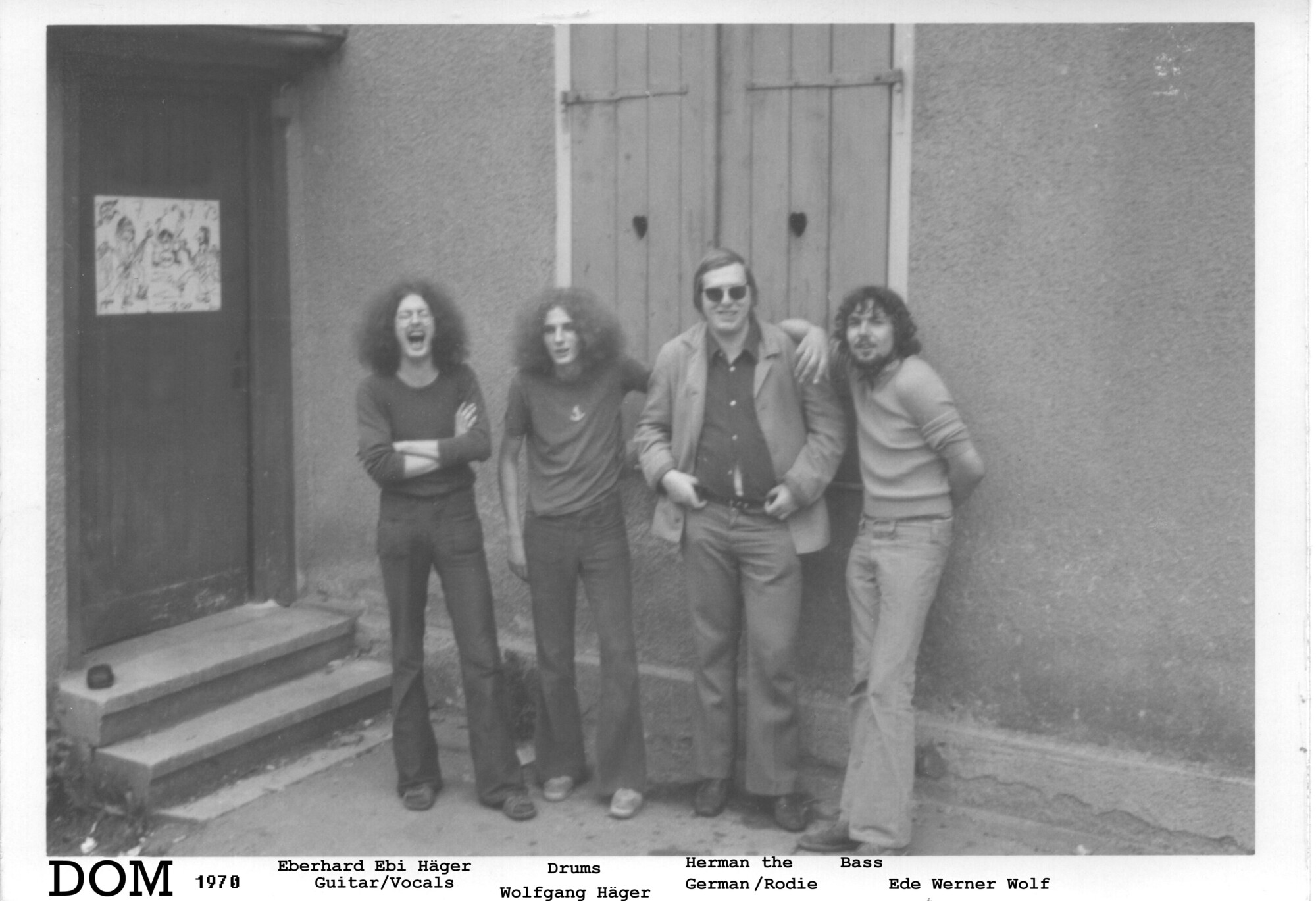
“DOM’s overall vision was to use music to paint pictures”
Are you all from the Stuttgart area? What was life like there after the Second World War?
Eberhard Häger: Only my brother Wolfgang and Ede Werner Wolf come from the Stuttgart area. I was born on May 9, 1952 in Holte Castle / Paderborn. My mother and my father were only released from the Sachsenhausen prisoner of war camp a year before I was born. My father immediately got a job as a foreman at the Kreidler’s Metall- und Drahtwerke company. My father was an electrician even before the war and was able to establish contact with Mr. Kreidler, the owner of the Metall- und Drahtwerke, in the prisoner of war camp. Since Mr. Kreidler was also a prisoner of war in the Sachsenhausen camp and my father was in charge of all the electrical systems in the camp, he was able to convince himself right then and there that he was the best man for his company. Shortly after I was born, my father moved to Stuttgart to start his new job and to find an apartment for the family to prepare. After my father had prepared everything, the rest of the family who remained in Holte Castle also moved to Stuttgart. The rest of the family consisted of my mother Gerda, my half-sisters Heidemarie and Christine (from my mother’s first marriage) and myself. It was now seven years after the end of World War II. Stuttgart had been badly hit by Allied bombing and was in need of reconstruction. It was a very slow process. Despite everything, it was the beginning of a wonderful childhood for me. The Stuttgart-Zuffenhausen district where we lived was almost completely spared from the war. We had a good time thanks to the professional position of my father and also my mother, who worked for a toy supplier in Stuttgart-Zuffenhausen. We had income and a beautiful apartment. One of the greatest experiences during this time was the birth of my brother Wolfgang on September 7, 1956. I swore to myself to take care of this tiny crumb for the rest of my life. Very close to our apartment (about 400 meters away) were the Patch Barracks of the American Army. I was an avid supporter of the US Army. The US soldiers were always incredibly friendly. I felt so safe and protected. My mother and I very often took the tram into the center of Stuttgart. There, the destruction of the World War was significant everywhere. But at the same time you could also see the progress in reconstruction. What excited me most at the time were the new construction of the huge new department stores. What splendor, what a luxury. My school days began. I didn’t have any problems. On the street we lived on, I was the undisputed boss. I was the leader of a small gang and we had endless fun. The world was mine.
How did you get interested in rock and roll? Do you remember the first singles you got?
Musically, the 1950s were an exciting time. Rock ‘n’ roll spread from the USA to Europe and many young people gratefully accepted the new, rebellious style of music. Musicians like Chuck Berry, Elvis Presley, Johnny Cash, Frank Sinatra and Jerry Lee Lewis stormed the charts worldwide and exuded the attitude to life of a youth protest culture that had never existed before. Elvis Presley was particularly popular with young people. Not at my place. My interest in rock arose spontaneously with the emergence of two bands from England. The Beatles and The Rolling Stones in 1962. I was absolutely fascinated and thrilled. And the same thing happened to my social environment at the time. Formed quickly two strictly separate groups. The Beatles fans and The Rolling Stones fans. I was a supporter of The Rolling Stones. Their music was harder, dirtier than the more melodic, softened sounds of The Beatles. So it’s no wonder that the first single I bought back then was ‘Paint It Black’ by The Rolling Stones. The first LP was ‘Got Live If You Want It!’. At the same time (1966) my father bought me my first electric guitar. I was obsessed. I practiced day and night until my fingertips were bloody and I had to take breaks because of the pain. That was the beginning.
Were you both or Werner Wolf in another band before? If so, what kind of music did you play and are there any recordings of it still available?
No. My brother Wolfgang was the first band member. He was passionate about drums. His role model was Ginger Baker from Cream. Since we didn’t have any money for a drum set, we built one ourselves. Cardboard bass drum and toms. We got the cardboard from detergent packaging. At that time they were sold in the form of small cardboard bins. The cymbals were made from blank car wheel caps. The cymbal stands are made from broomsticks. The foot machine was one of my first cool wooden constructions. We bought the drumsticks. Wolfgang (10 years old at the time) was also a man possessed. He also practiced day and night, tirelessly. But most importantly, he had incredible talent. Now there were two of us. We called the formation “Orange Squash,” like a drink of the same name made from orange juice, lemon juice and water. Orange Squash also made a few appearances. With cardboard drums and an old Vox AC30 amplifier and my department store guitar (no name). A bass player had to be found! In the meantime we had moved. From Stuttgart-Zuffenhausen to Höfingen/Leonberg district. In a fantastically large apartment with its own practice room in the basement. It was a beautiful little village. About 15km from Stuttgart-Zuffenhausen. We made new friends very quickly. Especially because we have our own cellar where we could invite friends at any time. We played small sessions almost every day for our new friends, who grew in number every day.
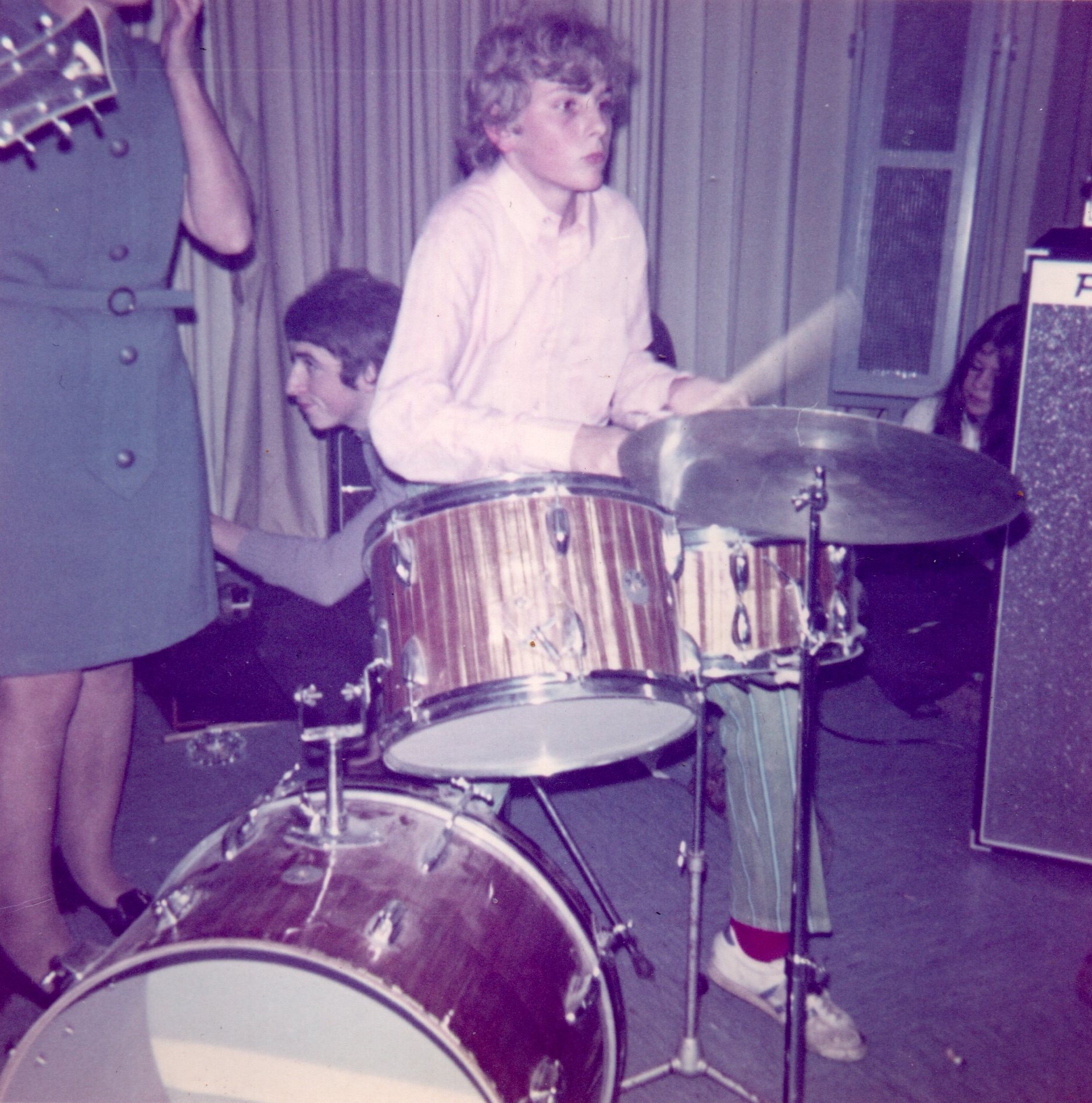
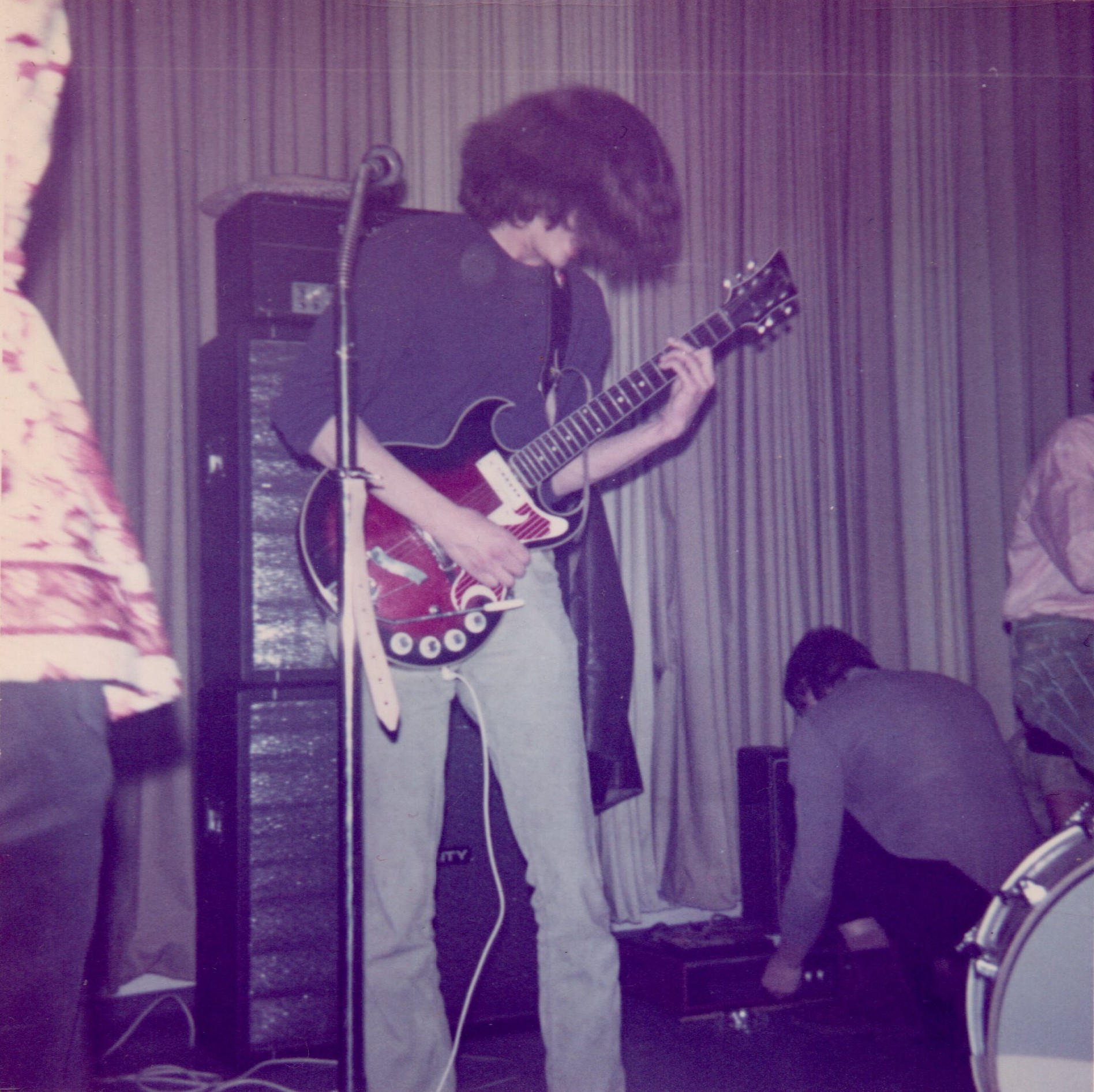
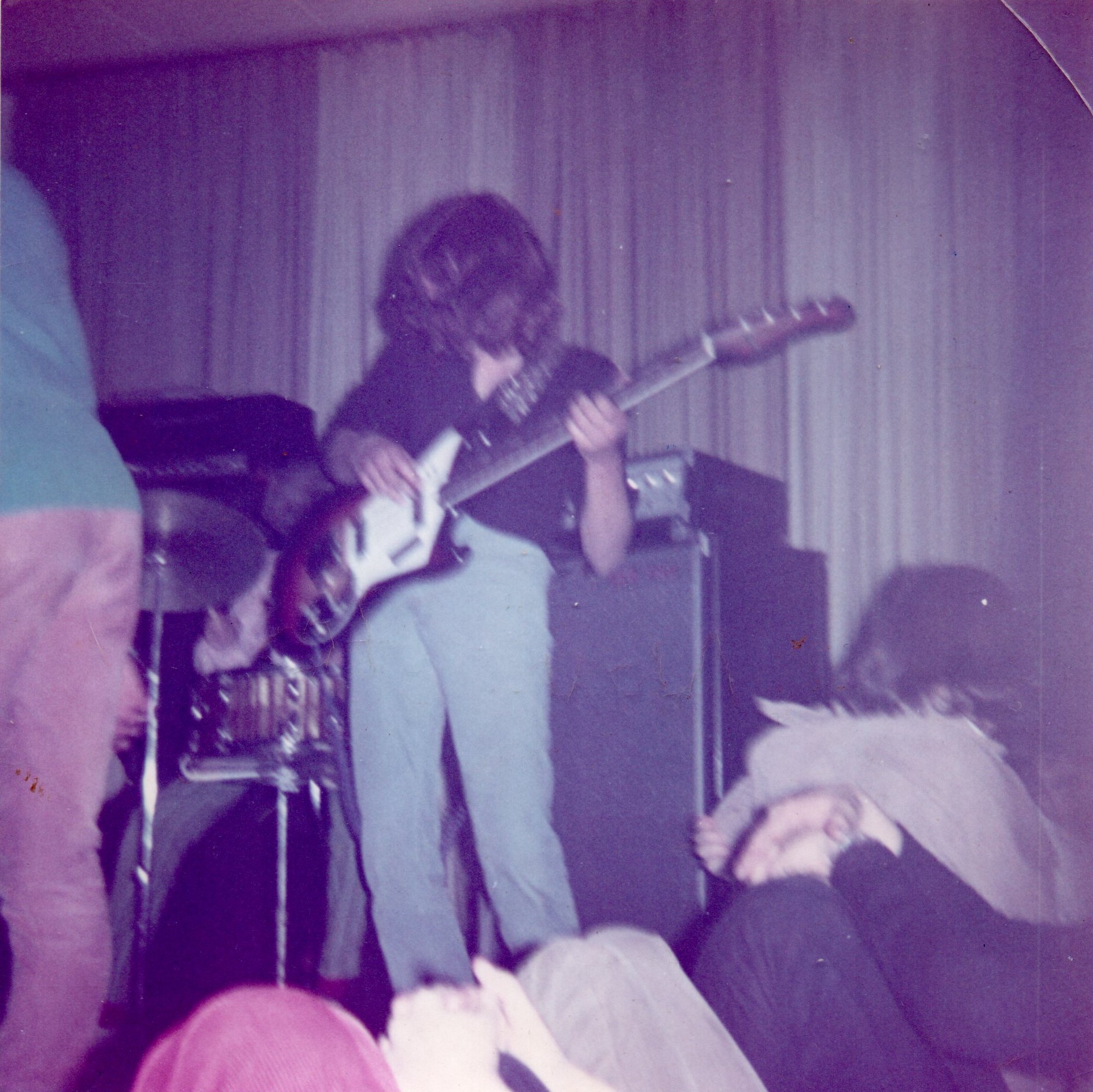
How did you meet Werner Wolf and what led to the founding of the band?
One day Ede Werner Wolf also appeared at the sessions. An incredibly likeable and sweet guy. I asked him if he would like to come with me to a Ten Years After concert in Stuttgart. He was thrilled and came along. This concert with Alvin Lee on guitar, Leo Lyons on bass, Ric Lee on drums, Chic Churchill on keyboards was the initial spark for Ede Werner Wolf. After that incredible concert at the Liederhalle in Stuttgart, he wanted to become a bass player. I taught Ede. Gave him all my knowledge. And Ede was also a natural talent. In a very short time we were able to put together a small program of songs. Now there were three of us. We called the new formation a “Brigade.” We mainly played cover versions of Ten Years After, Iron Butterfly, The Rolling Stones and careful own compositions. Unfortunately there are no recordings of this formation. It was July 16, 1969. The band and all their friends saw the moon landing on TV. Two weeks later we were fired from the practice room. After an intensive search, we were able to do so by the municipality of Höfingen taking over the music club’s old and empty music hall. We remodeled it and named our new home Bibulus. At the same time we changed the name of the band to “DOM”.
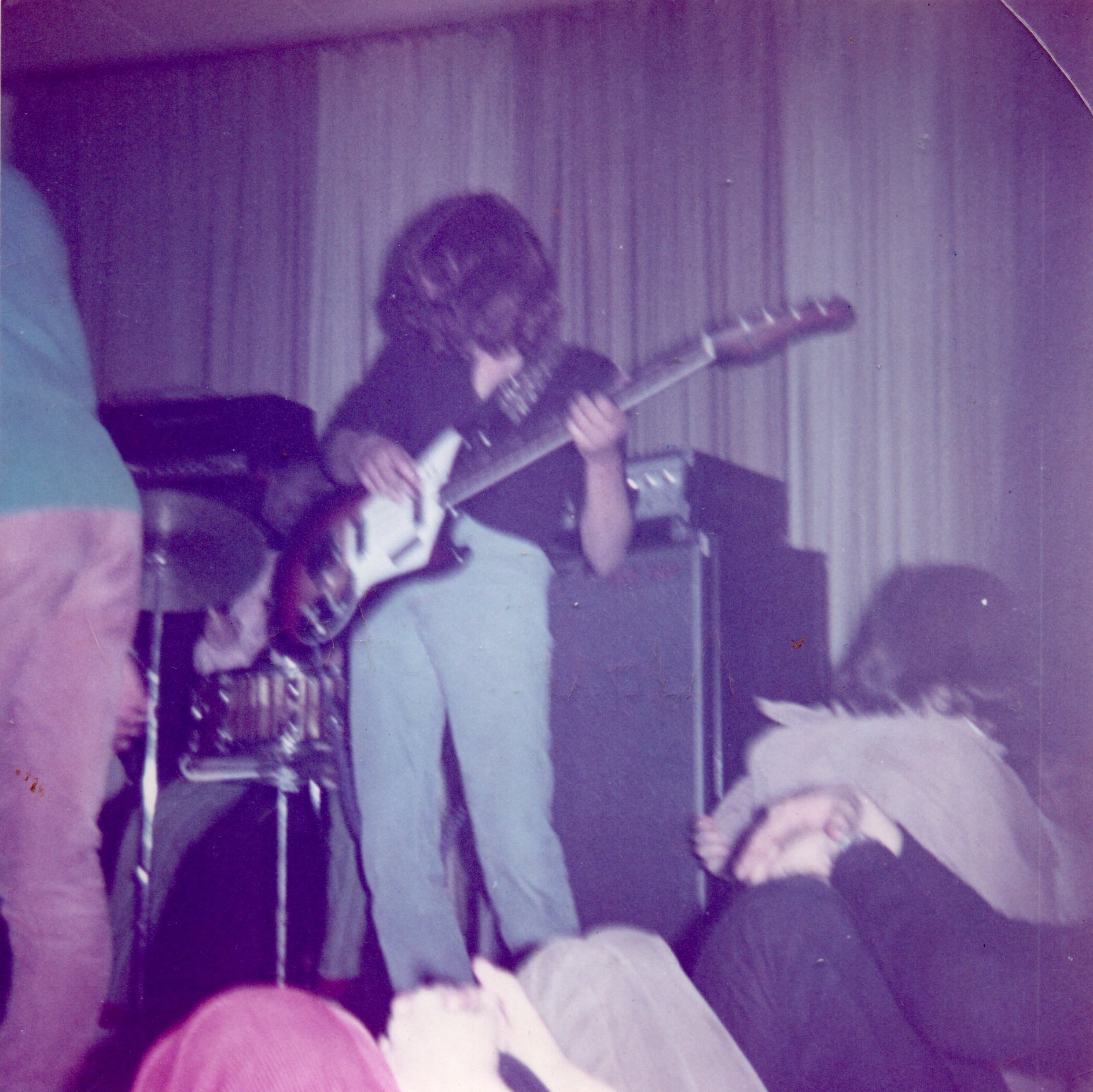
Where did you like to stay most in Stuttgart? What was the scene like at the end of the 60s?
I always preferred to spend time on Königstrasse. That was pure pulsating life. And in the many music clubs in Stuttgart (Tube, Electroclub, Rocker33, Laboratorium, Atlantic, Club Zollamt, Mausefalle, Rote Lantern, Keller Club, Recording Studio, Muttermilch et cetera). None of these clubs still exist today. It was a wild, fascinating and diverse scene. A wonderful platform for young bands to present themselves and develop further.
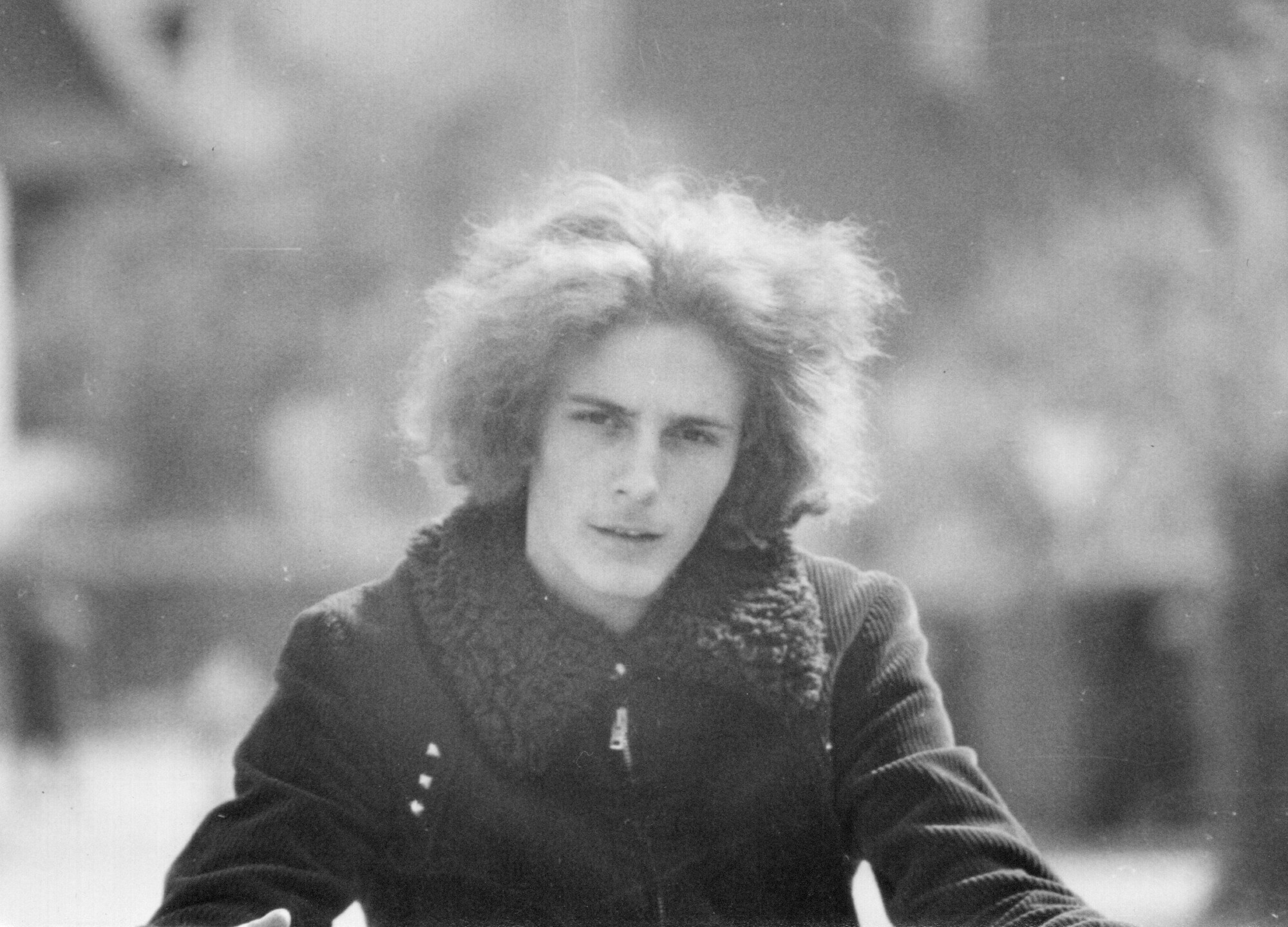
“The focus was on improvisation”
What do you think was the band’s overall vision?
DOM’s overall vision was to use music to paint pictures. Again and again. The focus was on improvisation. So not verse-chorus-verse-chorus-bridge, but completely detached from regulations. That corresponded to the spirit of the time at the time. Every concert, every session that we staged had no specific goal at the time of its creation. There were only roughly defined structures. It was always a journey into the unknown. The whole thing was supported by a light show based on liquid slides that was sensational for the time. We wanted to give our viewers and listeners the opportunity to dream away and create their own worlds with the help of our music.
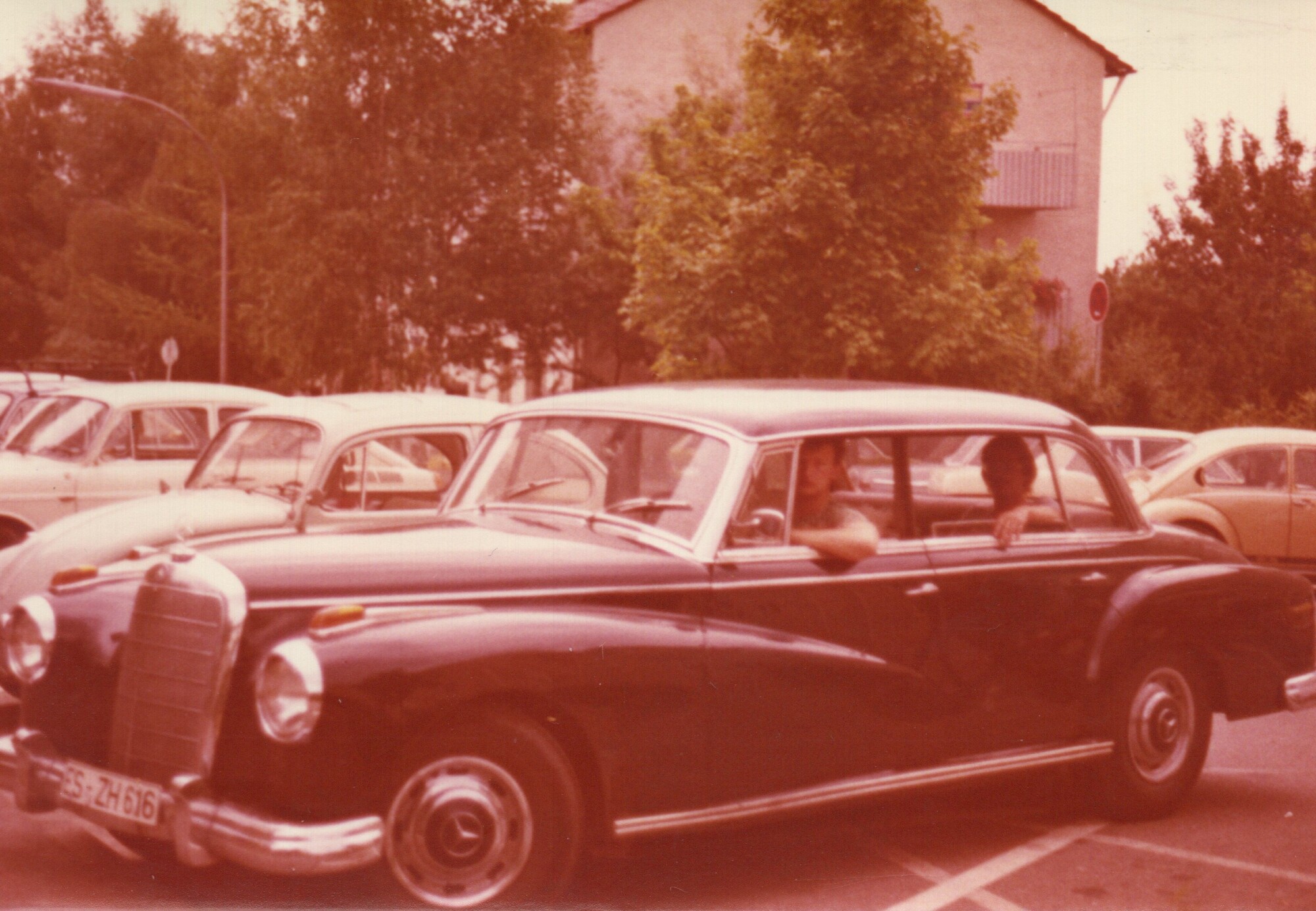
Were you named after the very powerful drug DOM, synthesized by Alexander Shulgin? Were you experimenting with substances back then?
Wolfgang and Ede Werner Wolf experimented exclusively with alcohol in the form of beer, wine and schnapps. My experiments were on marijuana and LSD expanded.
Tell us about your rehearsal location and the Bibulus.
The Bibulus was the center of our lives. We lived here with our friends. We had wonderful parties together, debated, argued and loved. We made music and held our sessions every day. The performances and tours were planned and prepared in Bibulus.
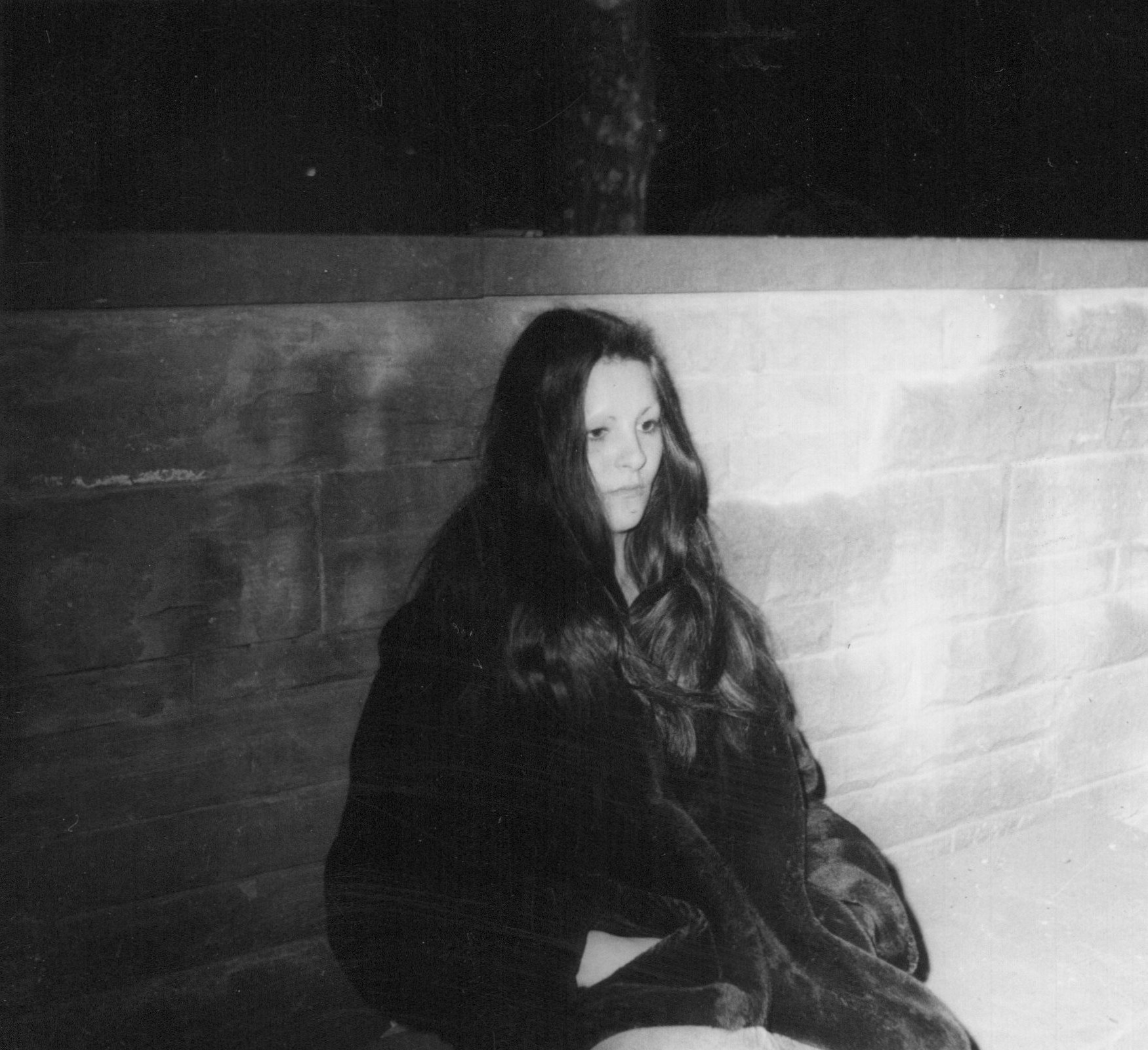
What kind of amps, effects and pedals did you have in the band?
I’ll start with Wolfgang. It was always amplified at the concerts via the Echolette vocal system (PA). He played on a “Star” drum kit with Paiste cymbals. Ede Werner Wolf initially amplified his Höfner electric bass with an FBT-Bass amplifier with an FBT loudspeaker box. After being involved in a break-in in which the Bibulus FBT amp was destroyed, he used a Hiwatt bass amp and a Vox booster distortion pedal. I played a Hoyer Les Paul and used a Stramp Power Baby and an Orange speaker cabinet. To begin with I used a fantastic Schaller wah-wah pedal. After this was defective, I switched to a Vox Wah Wah. I also used a Vox Fuzz Stomp, an Echolette tape echo device and a Hammond Leslie. And finally I used a Sennheiser vocal microphone. All devices were purchased from Hans R. Schweizer, the legendary music dealer from Stuttgart. Thanks, even after so many years, to Hans!

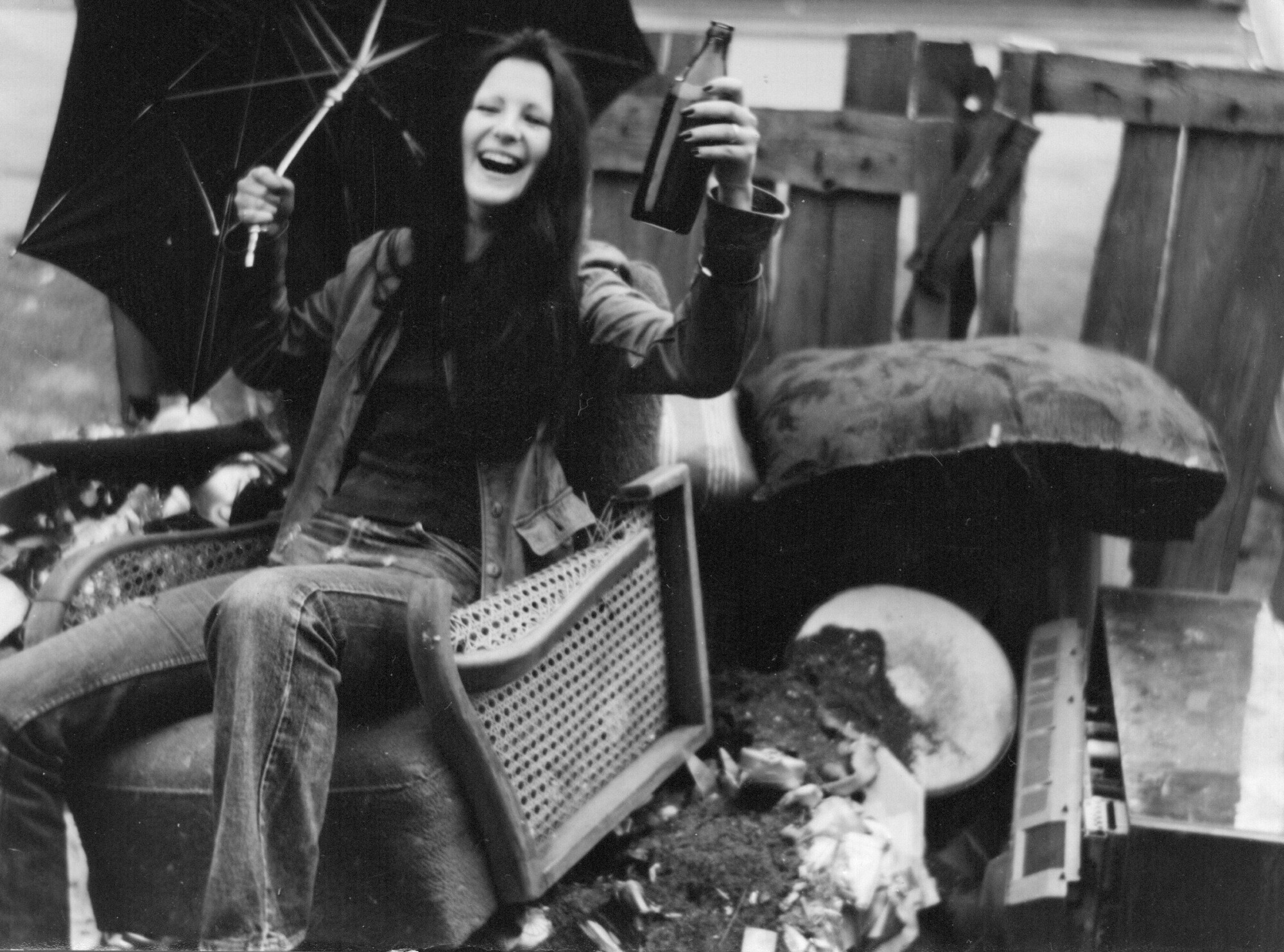
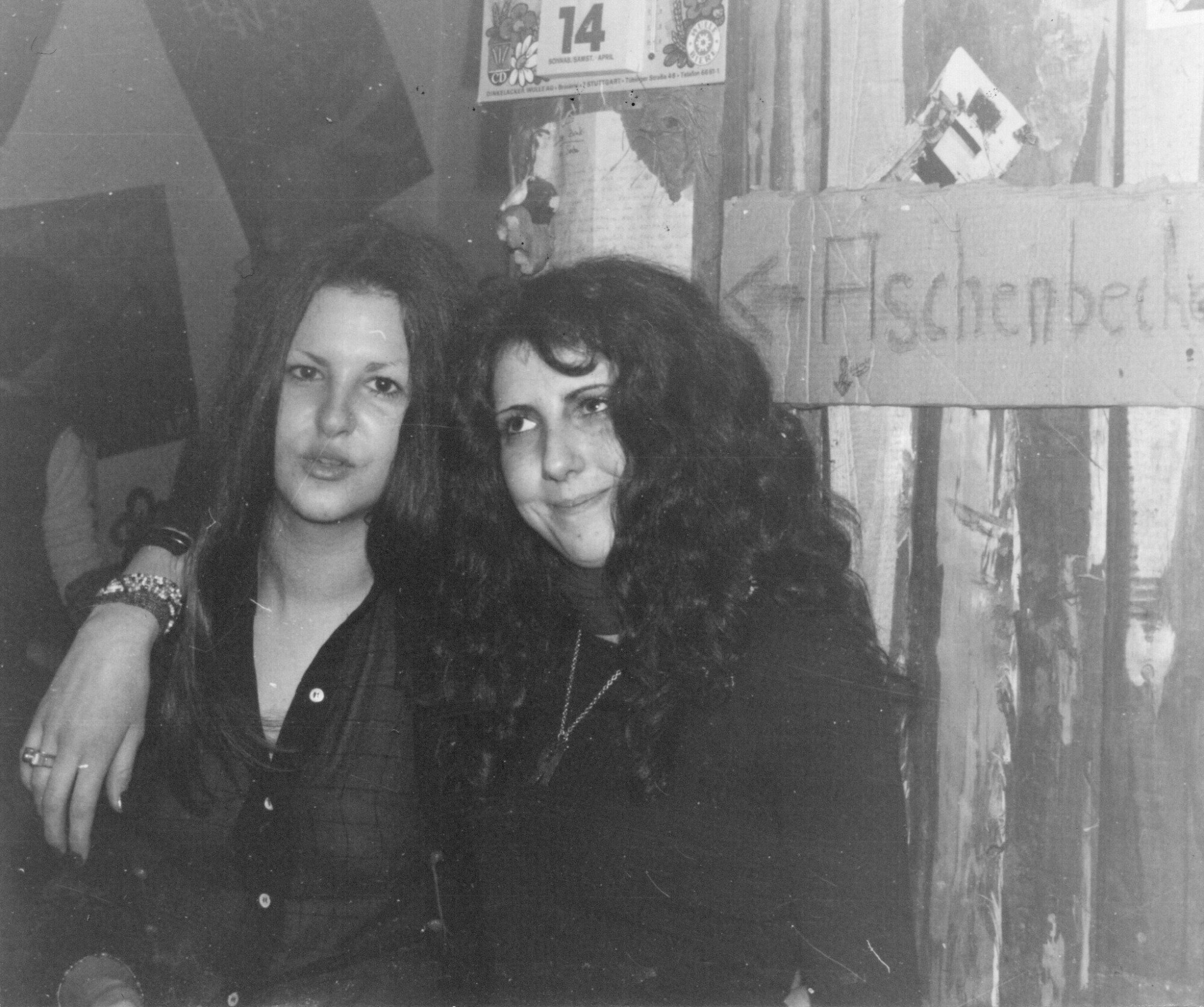
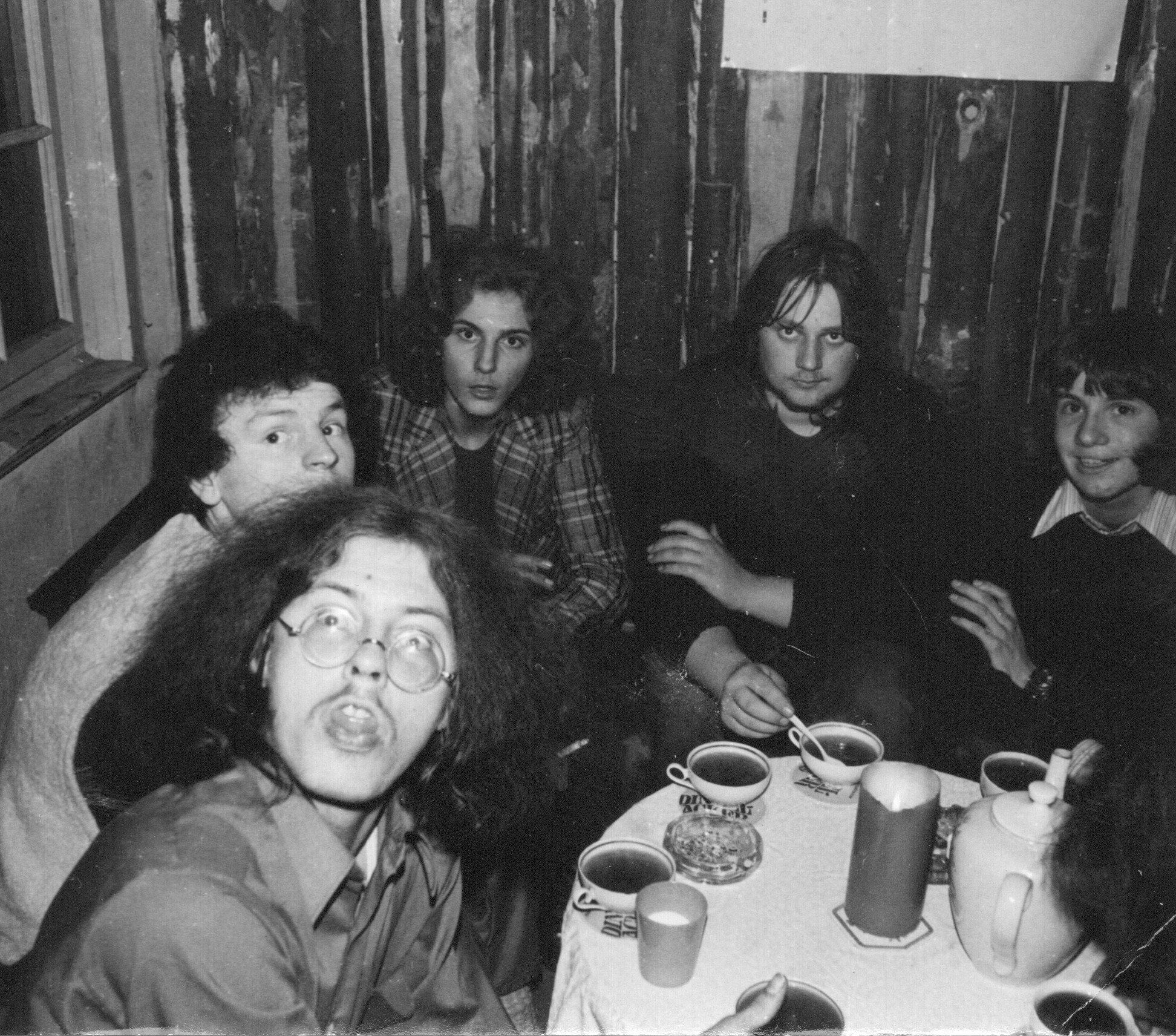
The band was founded in 1968? How many years have you been actively playing?
Exactly 20 years. From 1966 to May 1986.
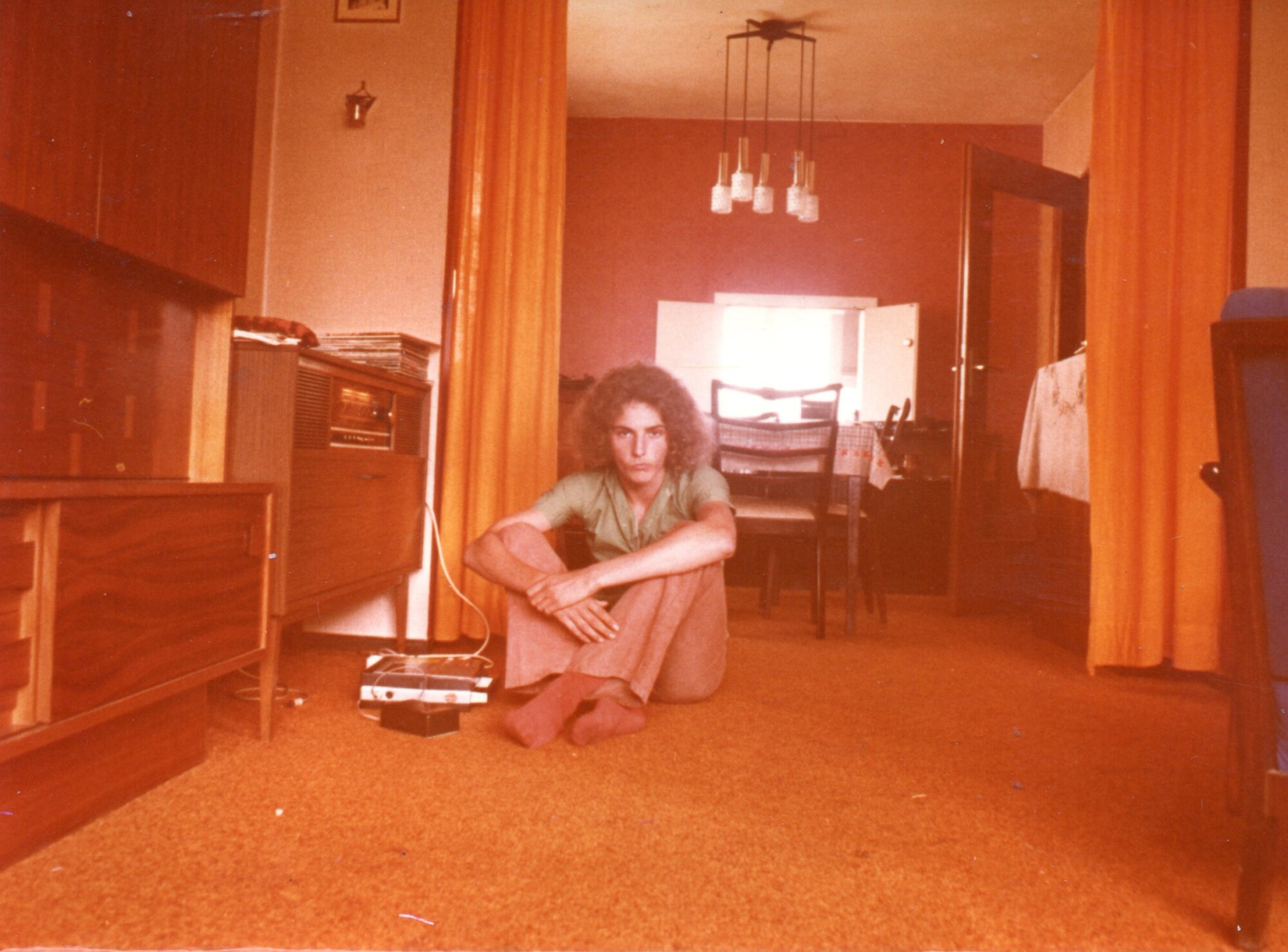
Did you know about another band called Dom from Düsseldorf?
Not at that time. It wasn’t until many years later, around 1998/99, that I came across the band of the same name from Düsseldorf while searching on the internet.
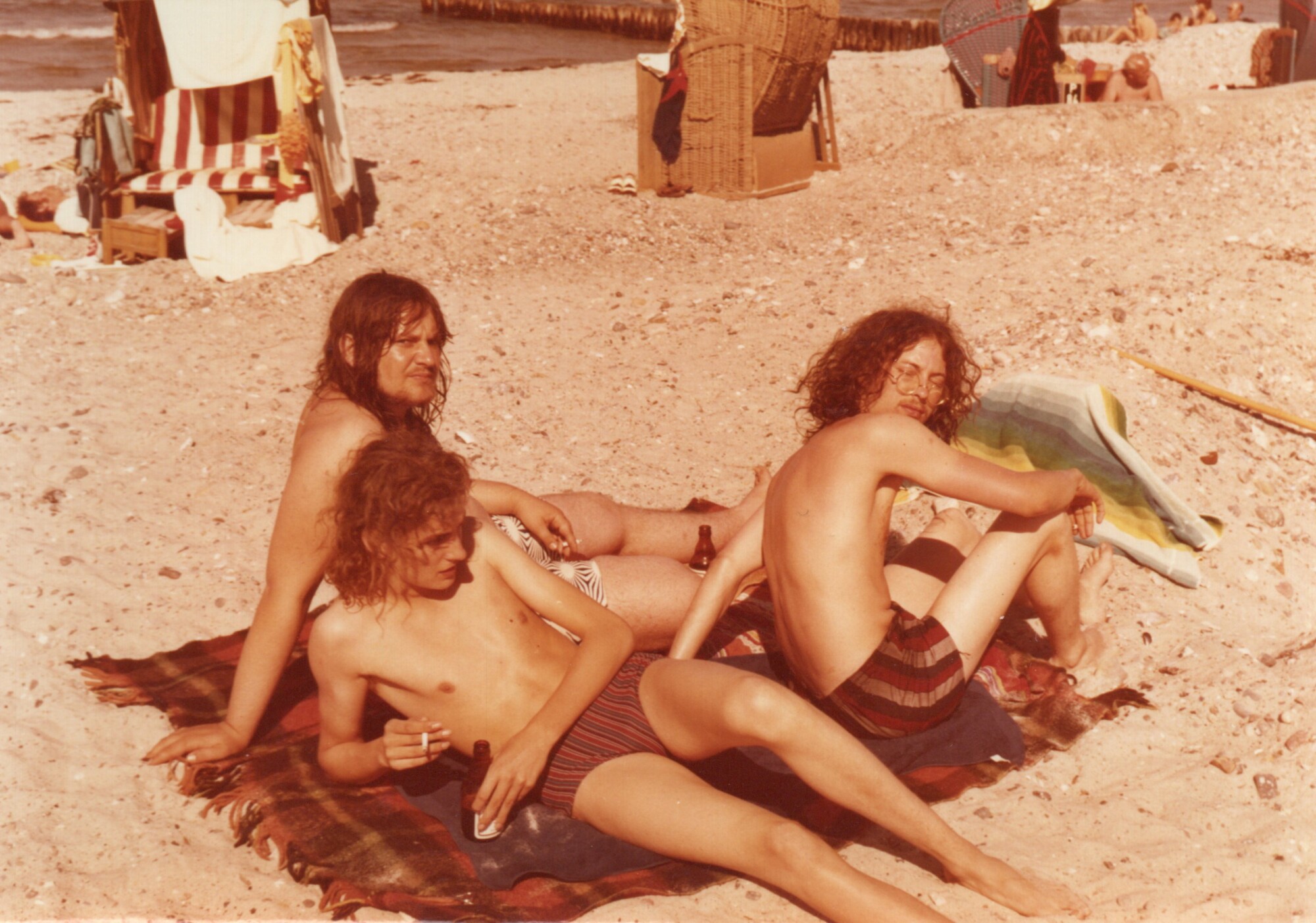
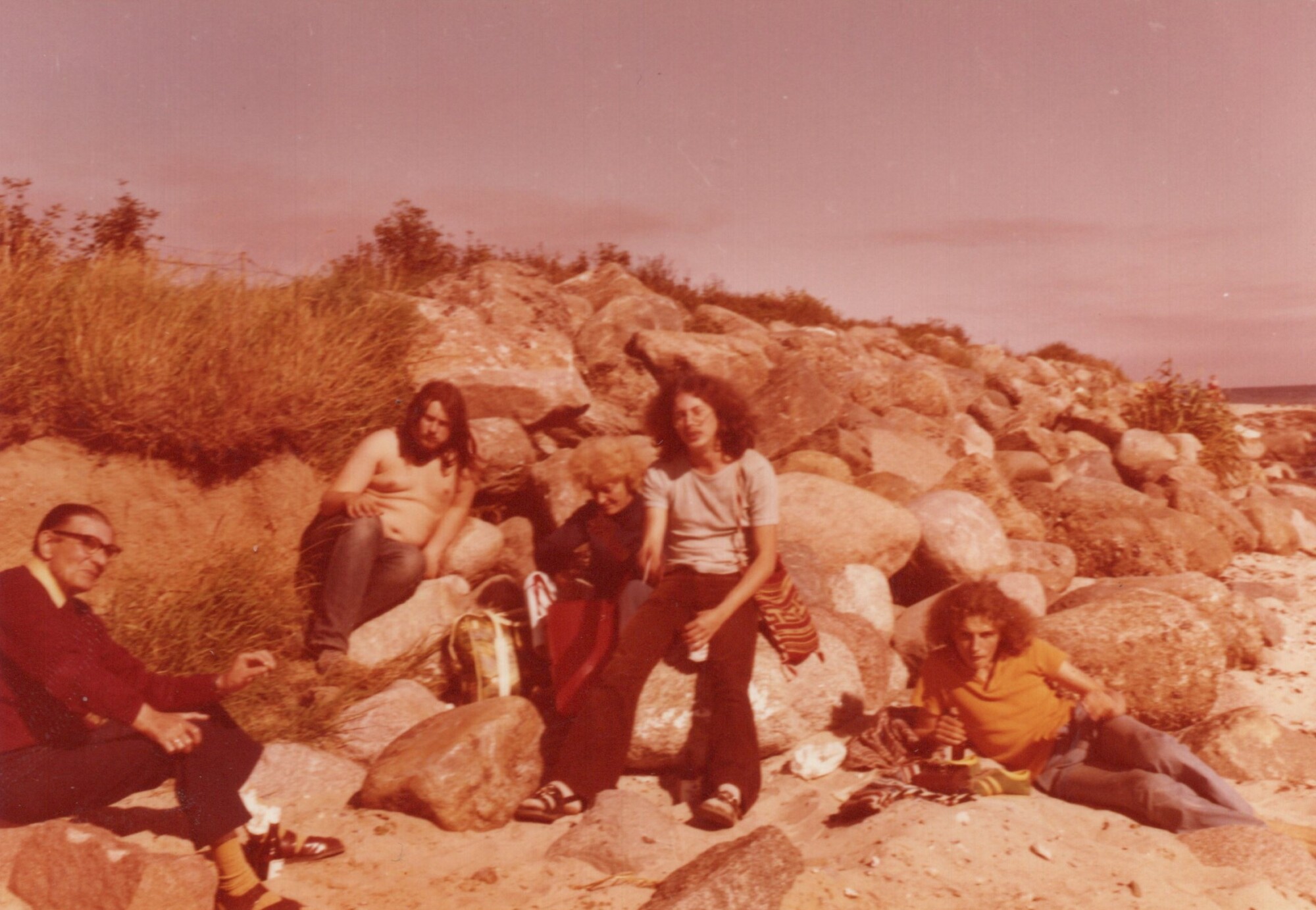
Which clubs did you play for early on? Which bands have you shared the stage with?
I played football at FC Zazenhausen. From 1962 to 1966 I shared the stage with Dieter Seelow Soul Group, Guru Guru, Amon Düül, NEKTAR, Wolle Kriwanek & Schulz Bros., among others.
What did your repertoire consist of and how did it change in 1972 when you went into the studio to record a single?
The repertoire consisted exclusively of our own compositions. The basic framework was put together before the performances. It always consisted of the two main parts ‘Battlerock’ and ‘Journey,’ developed in the sessions, which were played during the live concerts and varied through improvisations.
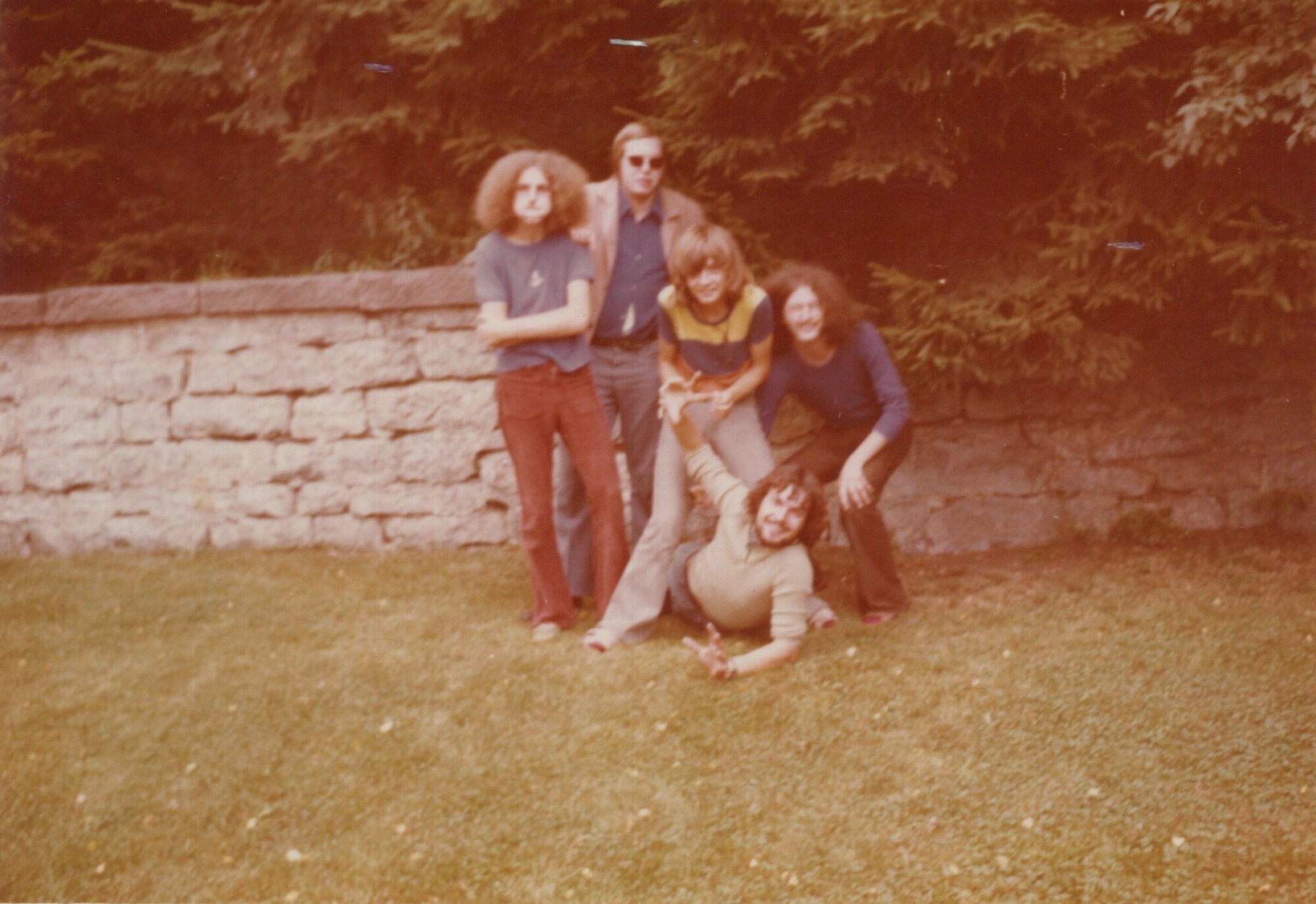
You released a single under the label name Newcomer, was it a self-release or what was the deal?
This was a self-release.
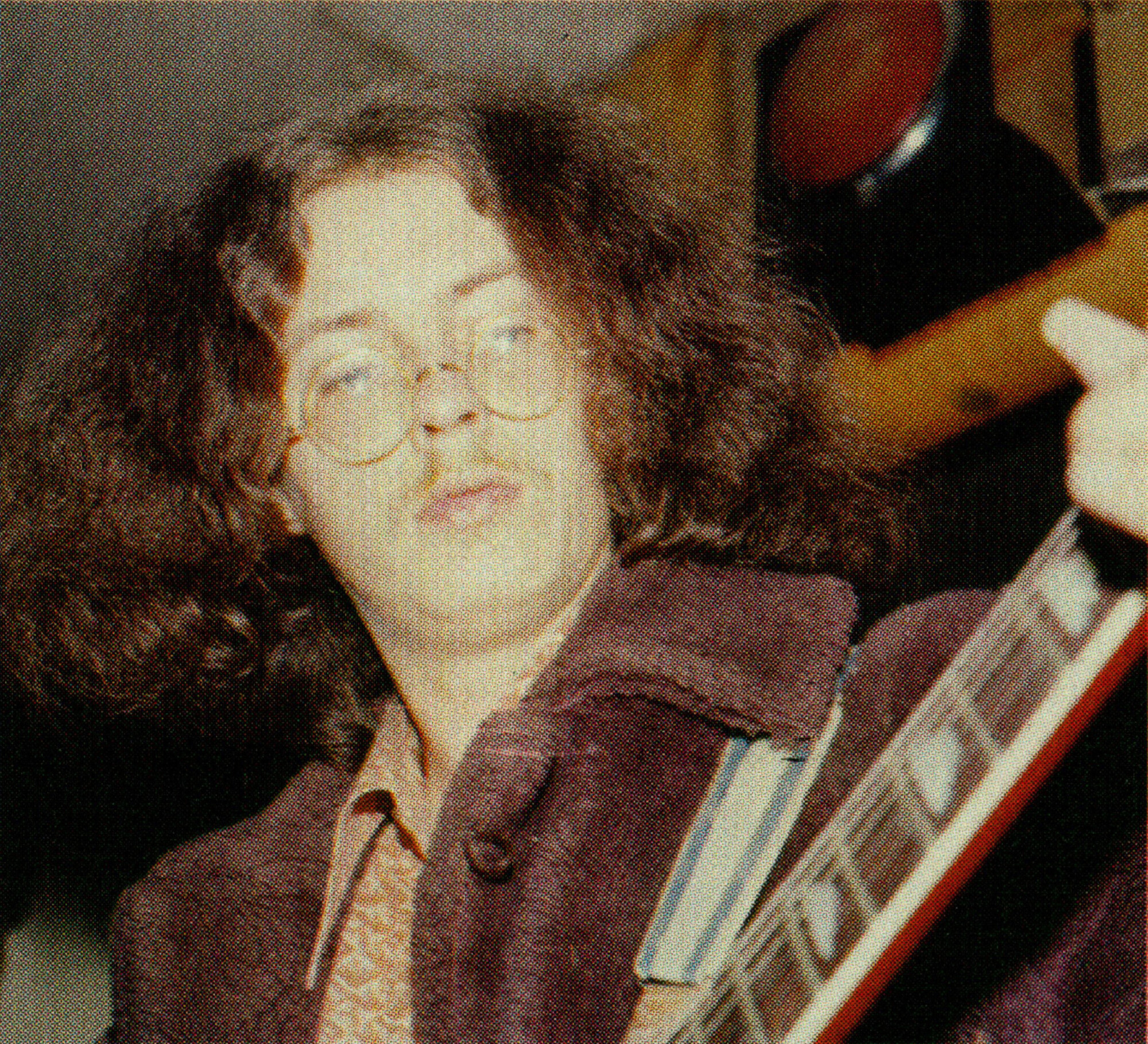
Any idea who Scramp or Jack Stone are?
Scramp was a band from Lübeck (founded in 1972). Recorded a single in the same studio as DOM and disbanded shortly afterwards. Unfortunately I haven’t heard the single yet. I briefly listened to the song ‘Out of Darkness’ by Jack Stone. Not for me. Very artificial.
How many copies were originally pressed?
500.
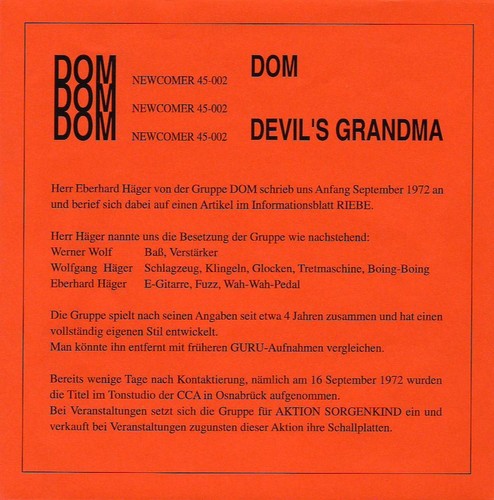
Where was the single recorded and who was the producer?
At Hans Werner Kuntze in Osnabrück (Teldec Studio) under the Newcomer label.
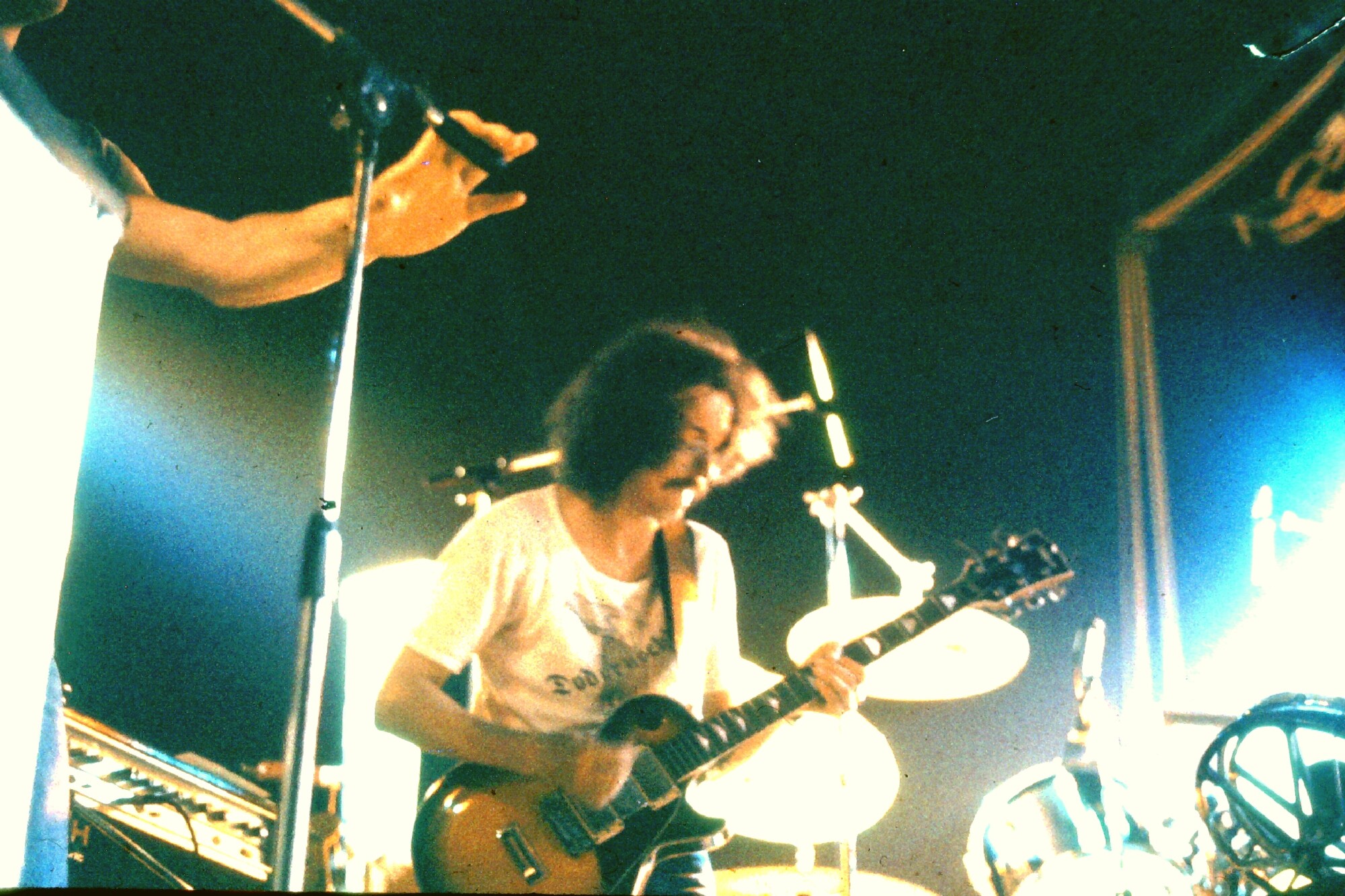
What can you tell us about the writing and recording process of ‘DOM’ b/w ‘Devil’s Grandma’?
The studio appointment was at 8 a.m. We drove through the night and arrived at around 5am. We then joked about the size of the studio for three hours until the studio date. We suspected the studio probably had been installed in an old laundry room. We should be right. The studio was ultra tiny and set up in a laundry room. It was recorded on a Telefunken 8-track machine. Hans Werner Kuntze recorded it personally. Very friendly and hardworking. The whole recording process took about 40 minutes. It sounded thin and tinny the first time I listened to it. Not like the normal DOM sound. But Hans Werner probably had no technical ability to improve it, or lacked the know-how. We were still proud of our first studio recording.
Who did the cover artwork?
I made it by myself.
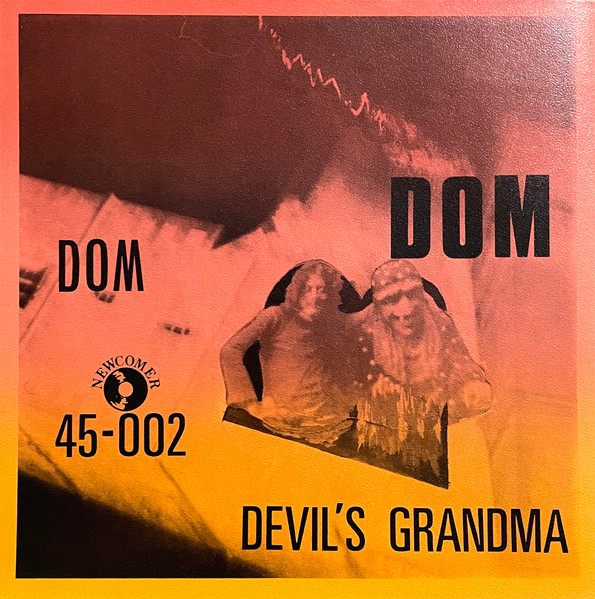
Tell us the story behind “Devil’s Grandma.”
That’s a quick story. Devil’s Grandma is my mother’s mother. Grandma never liked me and made me feel that too. I was seven years old at the time and had to spend the school holidays with my grandmother. Many things occurred to her during this time to insult and humiliate me. The song is an attempt to process and conclude the matter.
Was there another original track that you played live but didn’t record?
No, there are no original tracks that were played live and were not recorded. There were plenty of other original songs that we played live between 1968 and 1980 that were recorded. The ‘Battlerock’ and ‘Journey’ recordings with the basic line-up are still preserved. Many live recordings, especially the complete concert recordings, have been lost forever. The last recording under the name DOM was made with the expanded line-up in 1980 and is the mystical concept album ‘China’s Crying’.
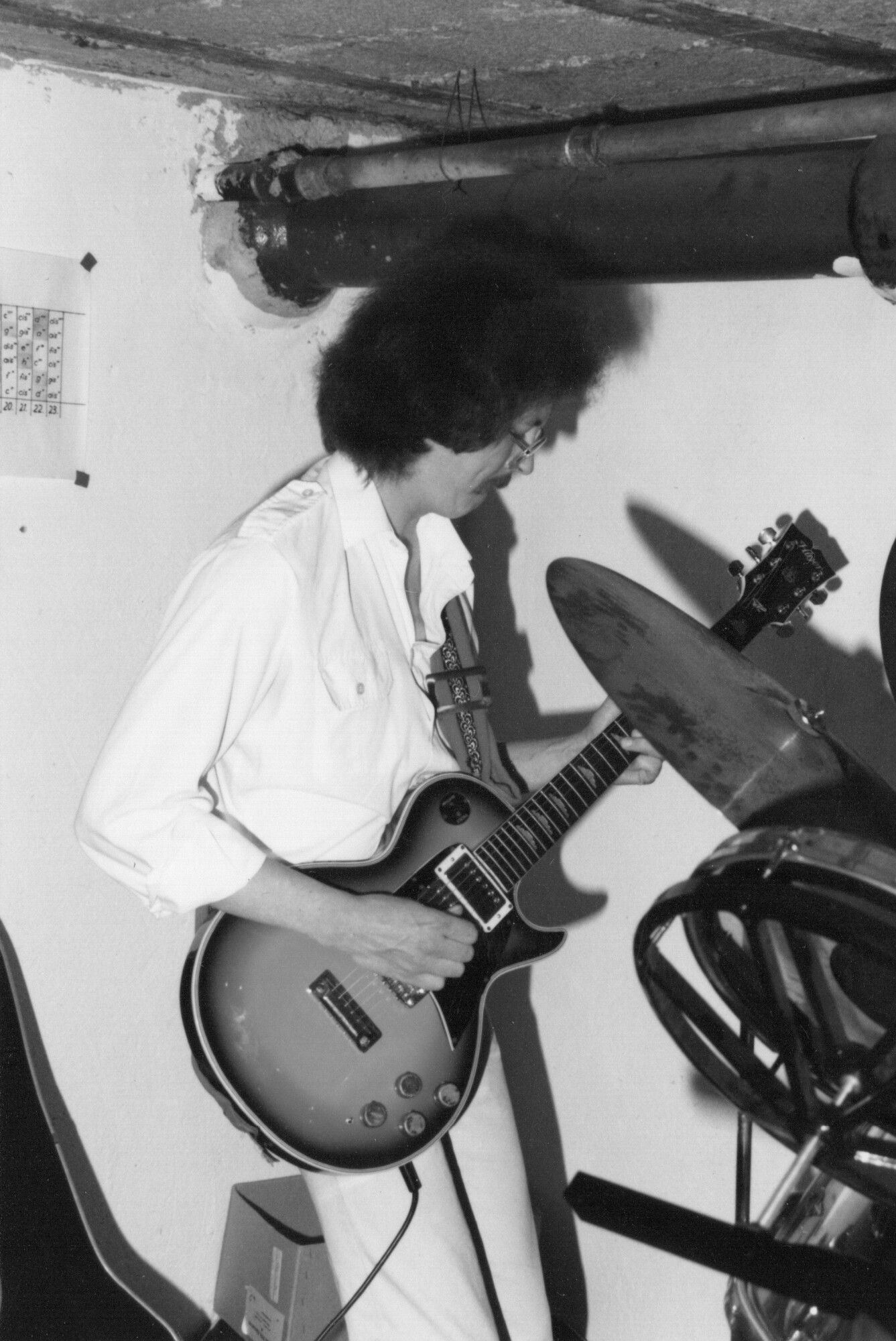
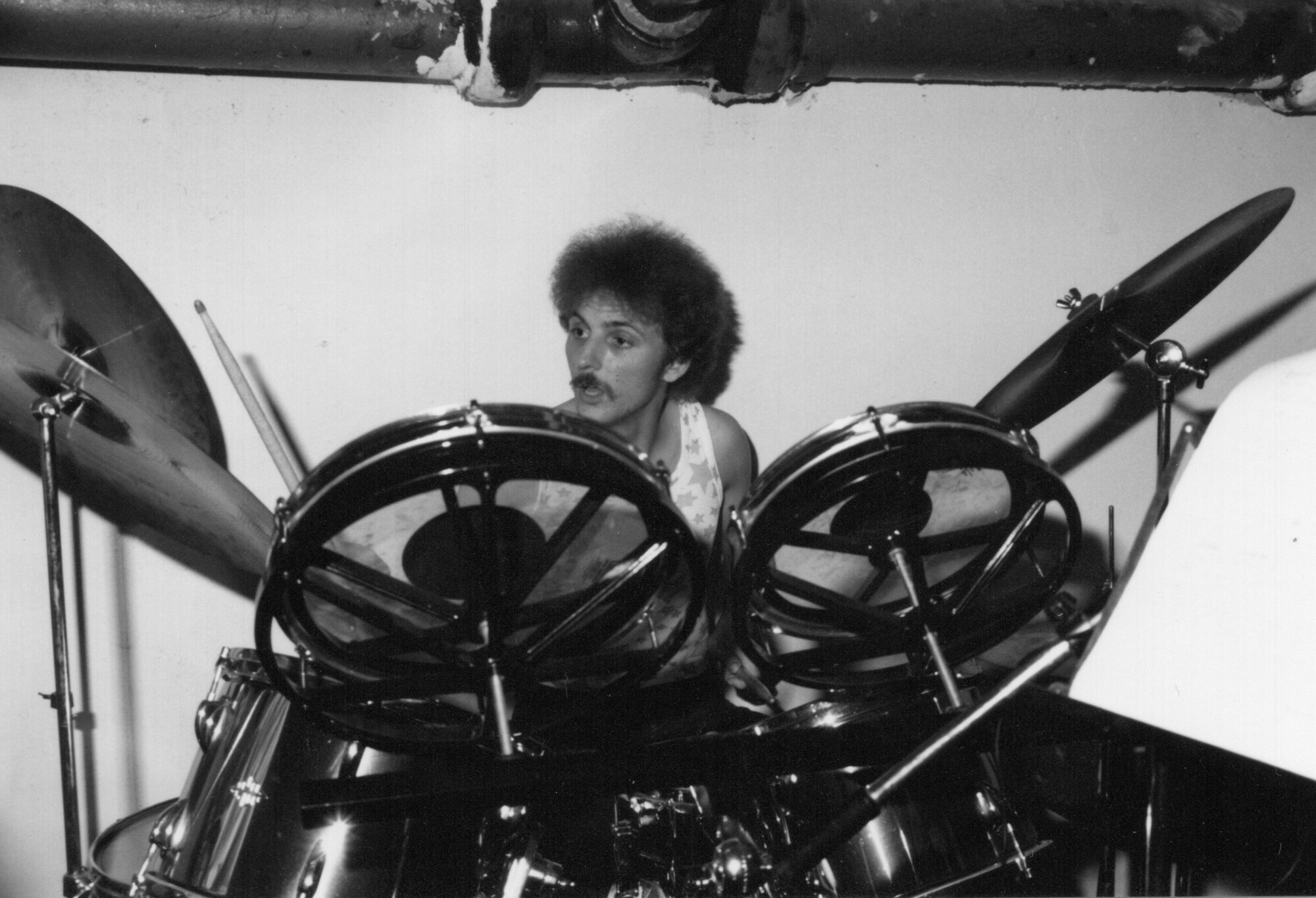
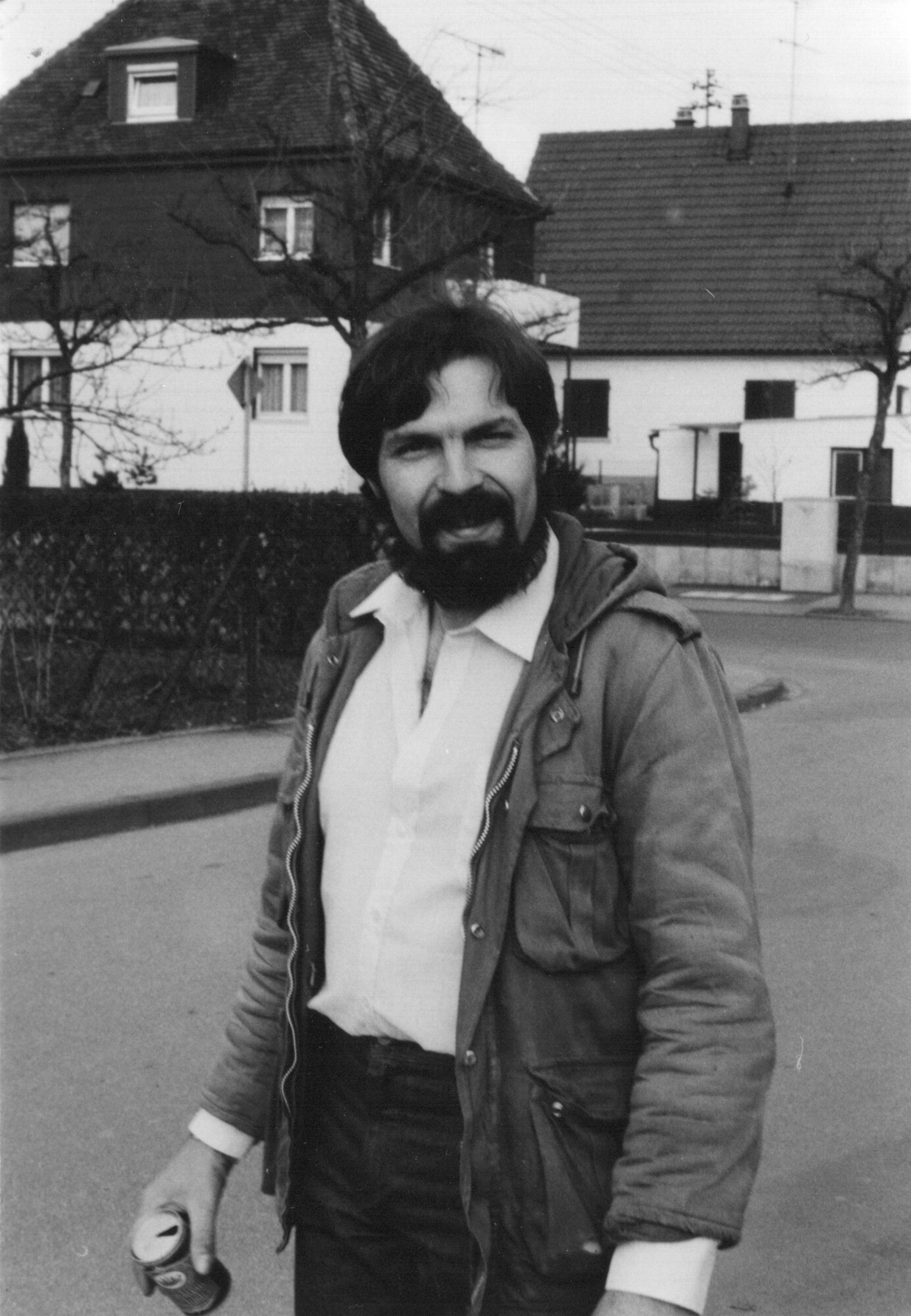
Is there any unreleased material?
Yes, as I said, the ‘Battlerock’ and ‘Journey’ recordings and ‘China’s Crying’. Then the recordings with the expanded line-up from 1981. The band changed their name to “Dodernschd” from 1981 and produced a self-published LP. From 1982 the name of the band was changed again to “Haegar-Band”. Haegar produced 6 CDs in its own recording studio, with the recording of the ‘Last Concert’ from May 1986 being probably the highlight.
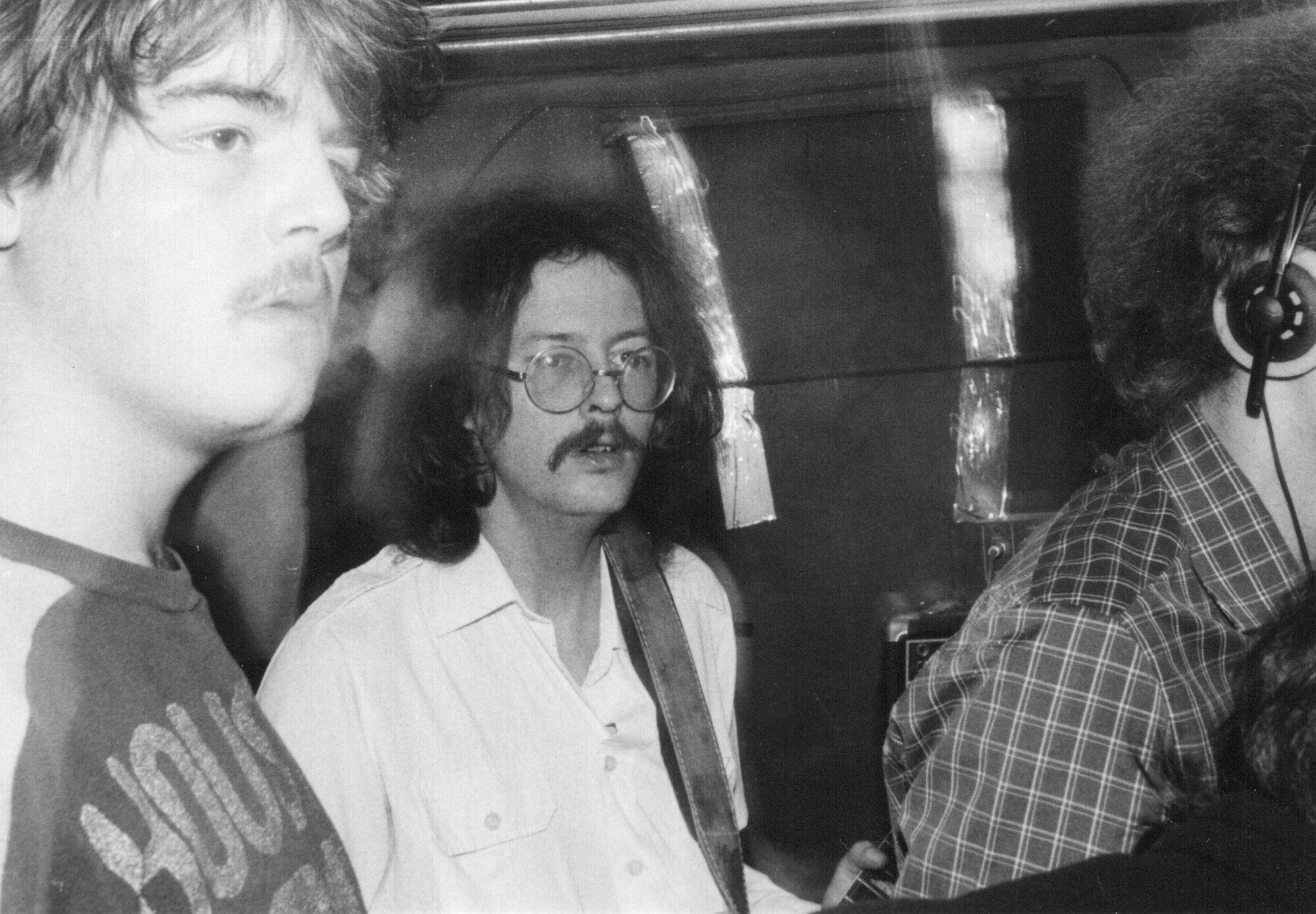
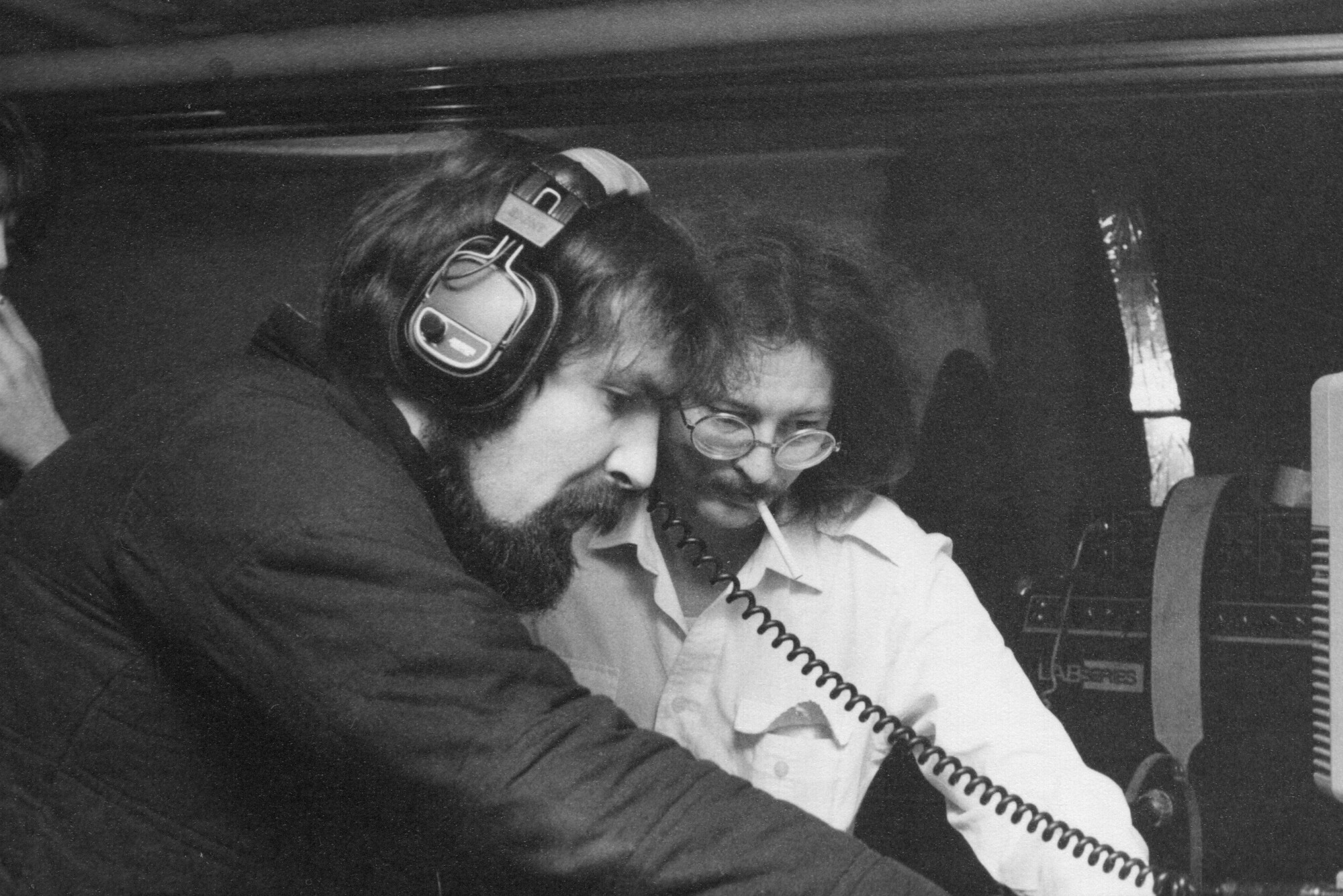
What would be the craziest gig you’ve ever done?
The craziest performance I ever did was with DOM in 1969 in the Evangelical Community Hall in Höfingen. I performed with a frog mask made especially for this performance. (The model at that time was Genesis). The mask was great and the audience really liked it. Shortly after the concert began, the mask slipped and I couldn’t see anything anymore. In addition, I could hardly breathe. It took me over 20 minutes to free myself from the mask but the band continued playing until I finished the first song and at the same time tore the mask off my head. The audience probably thought that it was all part of the show and was thrilled.
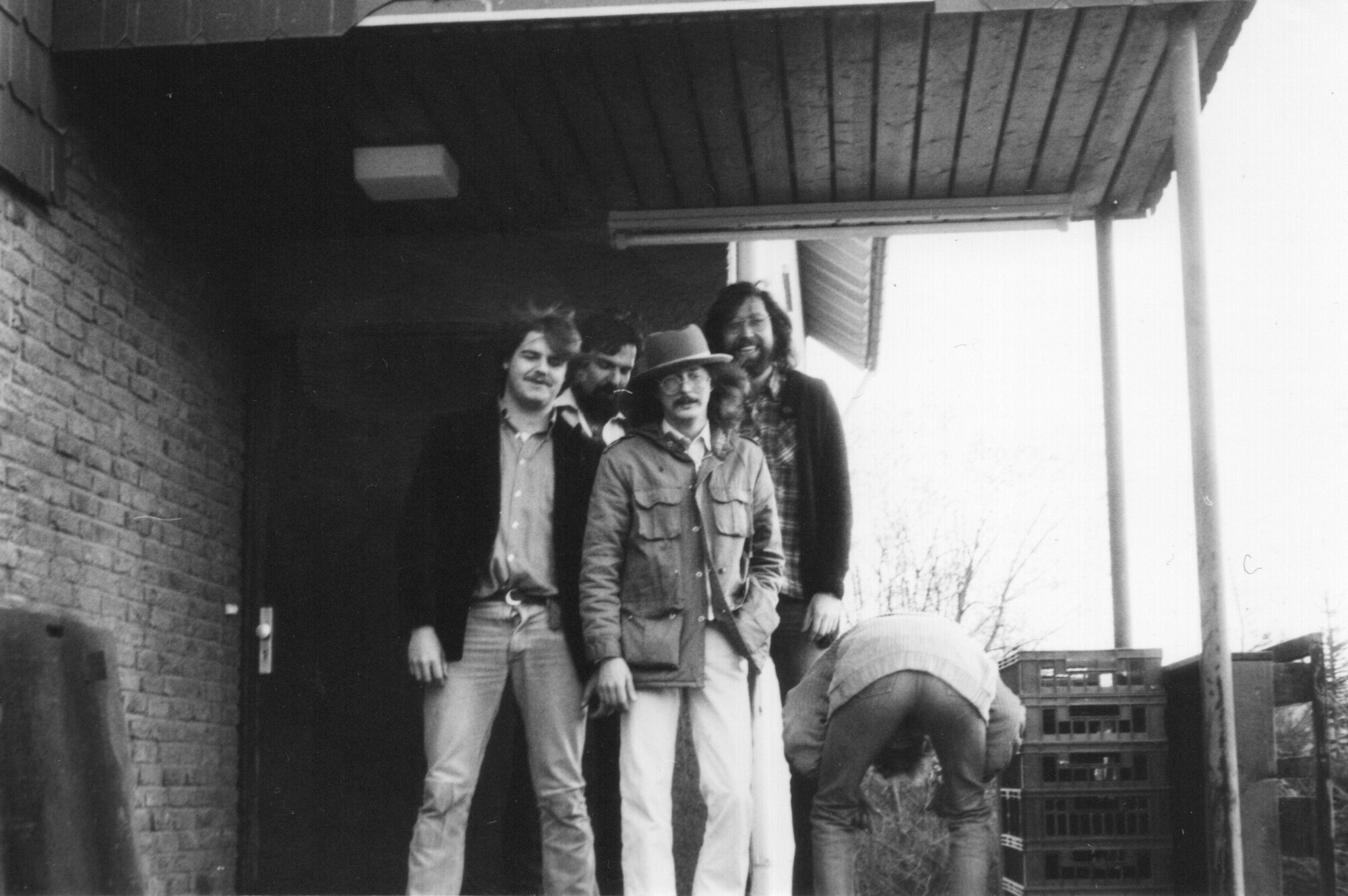
Looking back, what was the highlight of your time in the band? Which songs are you most proud of ? Where and when was your most memorable performance?
There were actually two highlights in my time with the band. There were also two phases of the band. Once the first phase in the basic line-up with Wolfgang, Werner and me from 1968 to 1980 and the second phase with the expanded line-up with Wolfgang, “Ede” Werner Wolf, myself, Arne Törmer (guitar, vocals) and “Stan” Stefan Haag (keyboards) from 1981 to 1986. The highlight with DOM was the concert in Auingen on the Swabian Alb in October 1973. An event by SWR (SüdwestdeutscherRundfunk). Over 2000 spectators and prominent musician colleagues (Fred Braceful, Dieter Selow, Werner Schretzmeier) and live broadcast on the radio. DOM at its best with Liquid DIA show. Frenetically enthusiastic fans. At the time I thought it would be the breakthrough. The most memorable performance was with the Haegar band (i.e. DOM + extended line-up) in the Heimerdingen sports arena in May 1986. Opening act for Wolle Kriwanek & Ribbon. Haegar in absolute top form. An outstanding concert. Back then, after the last note, we didn’t know that it had been our last concert. I’m most proud of ‘Colossus,’ ‘Battlerock’ and ‘China’s Crying’ by DOM. Otherwise on ‘Train to Freedom’ and ‘World War’ by Haegar-Band. They were Wolfgang’s favorite songs.
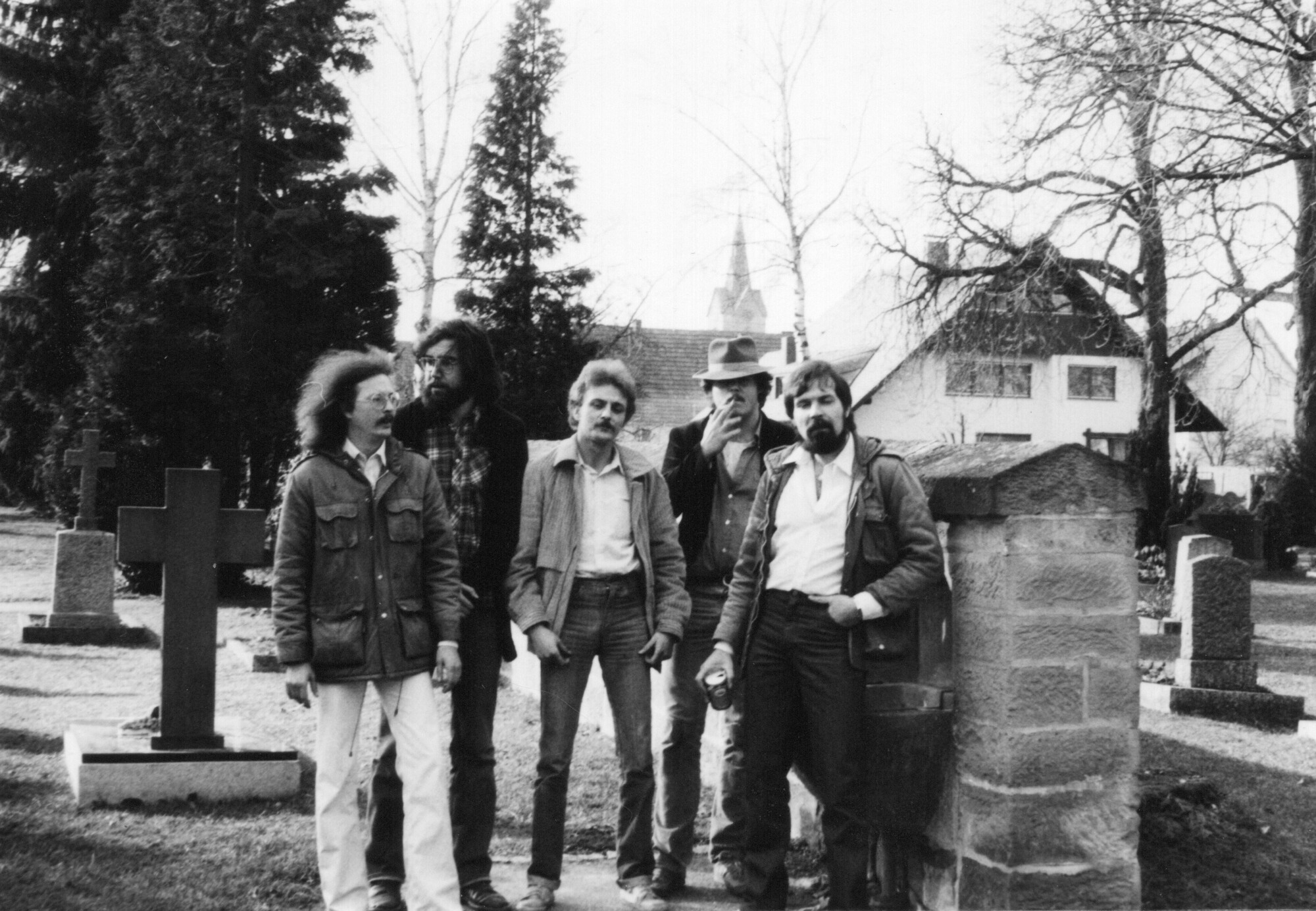
It must have been exciting to see your single reissued by Ancient Grease Records? What was it like working with Adam?
It was certainly exciting after so many years to meet someone from the music industry who had developed such a great interest in DOM. It was and still is a very good and friendly collaboration with Adam. I’m looking forward to further projects.
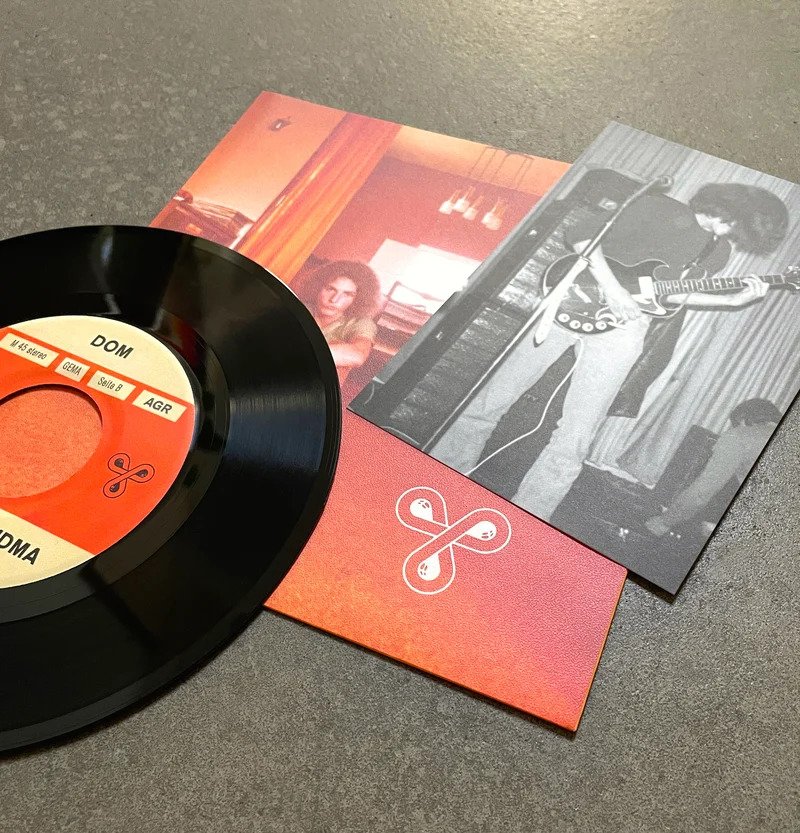
What is currently occupying your life?
At the moment I’m mainly working on the development of my browser game “Dragonknight” as well as the development and programming of my retro games for the retro computer Sinclair Spectrum and the Retropie minicomputer.
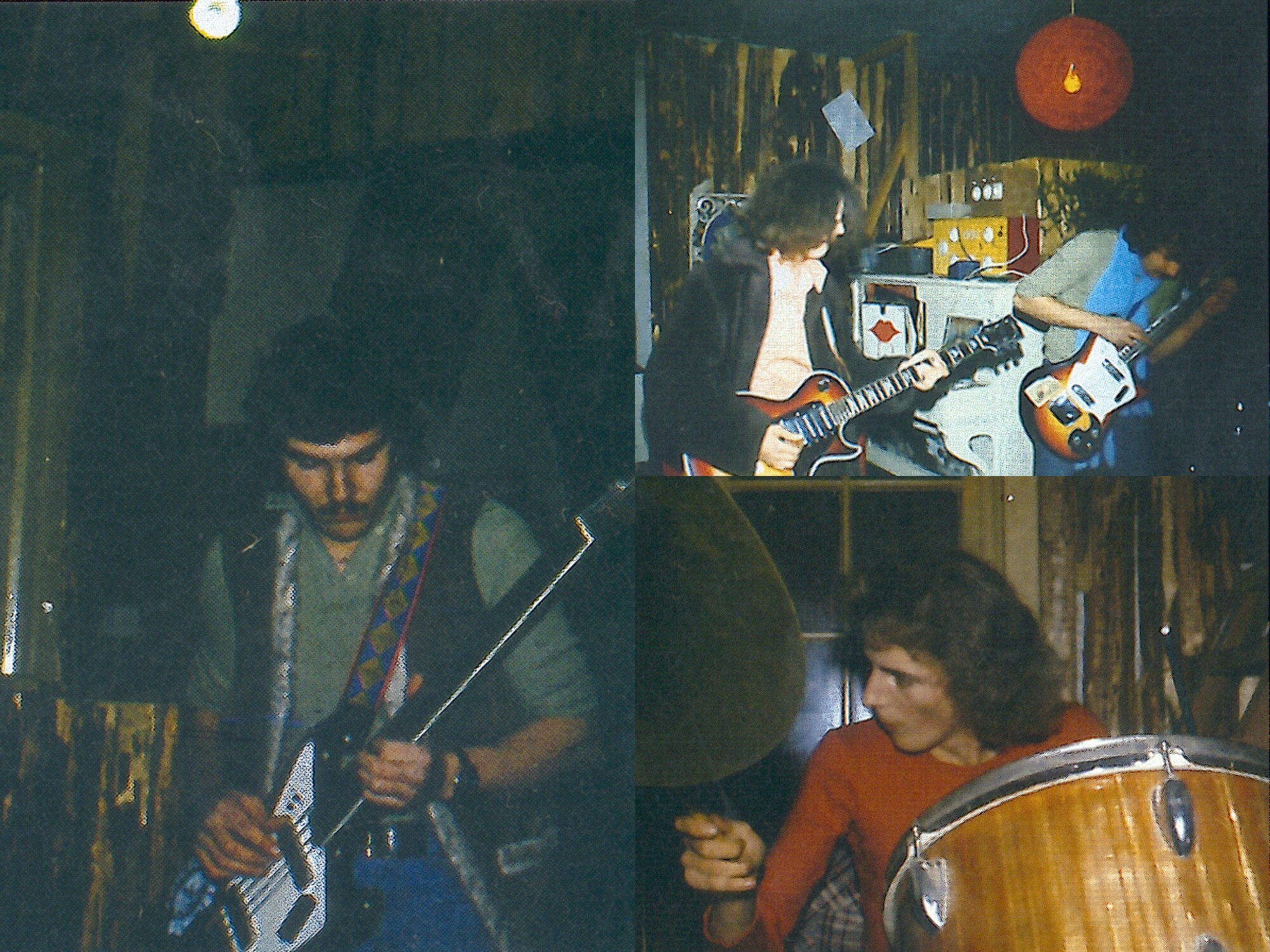
Thank you for taking the time. The last word is yours.
I would like to take this opportunity to thank you for your late but honest interest in my band DOM. Also in the spirit of my brother Wolfgang, the fantastic drummer from DOM, who died in 2013.
Klemen Breznikar
Headline photo: DOM with friends (1972)
Ancient Grease Records Official Website / Instagram

